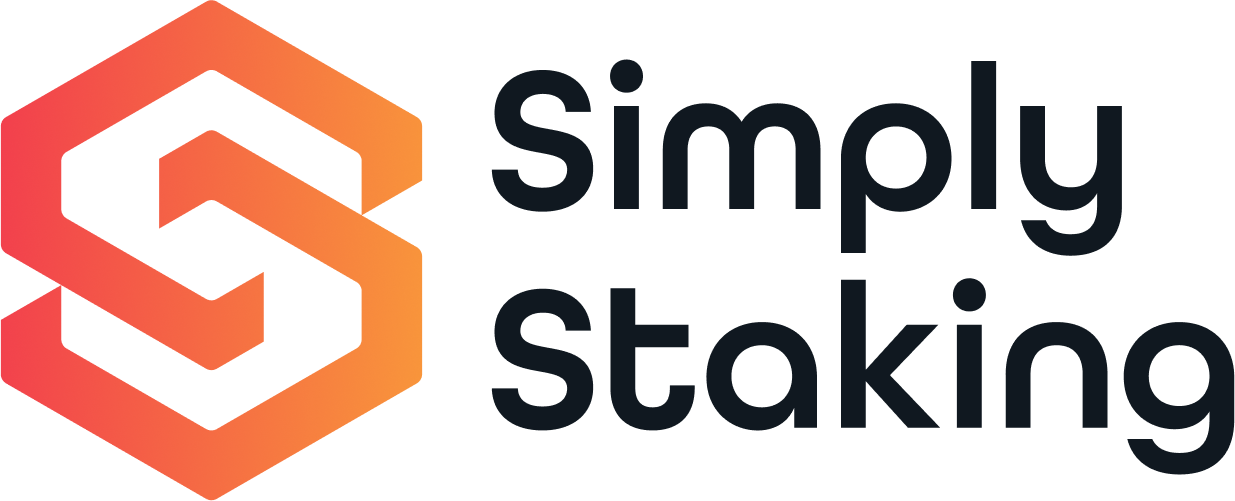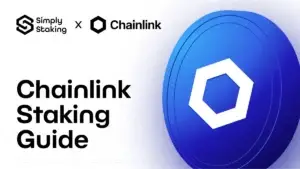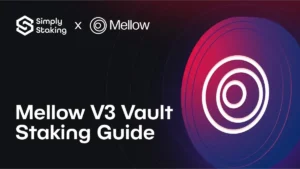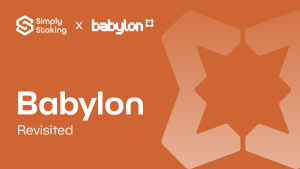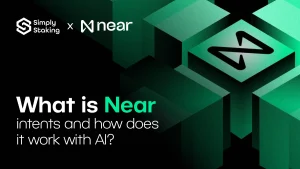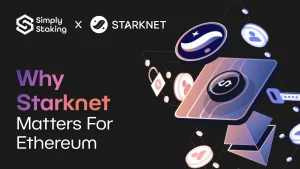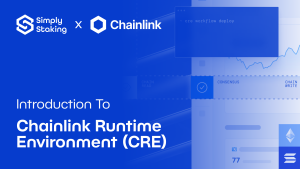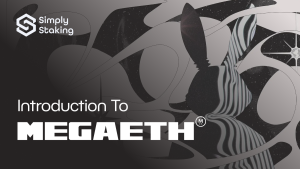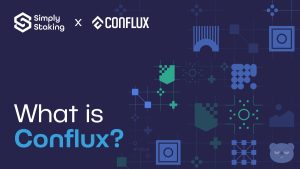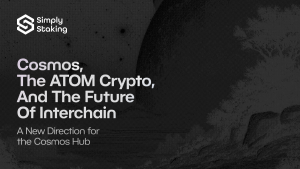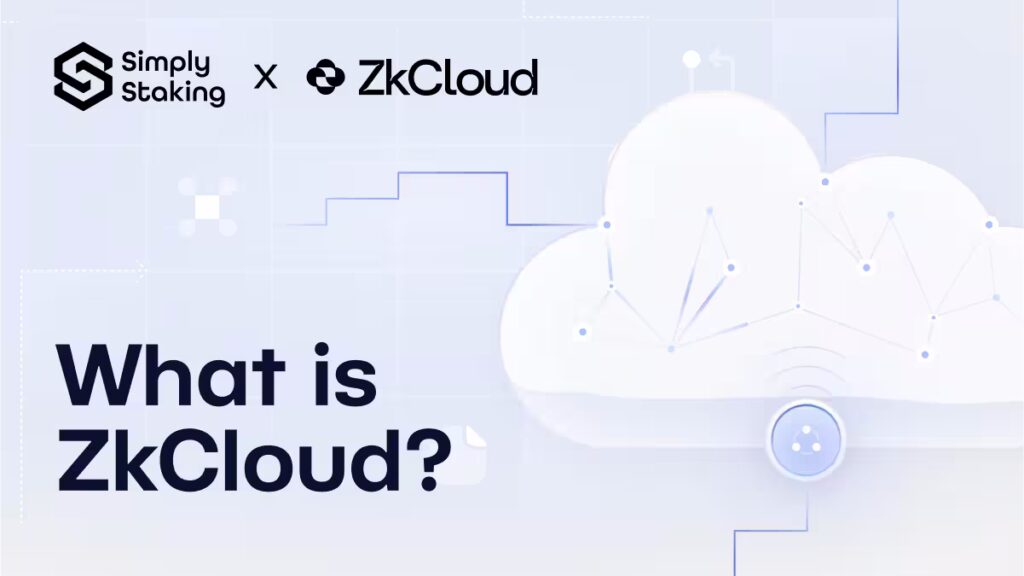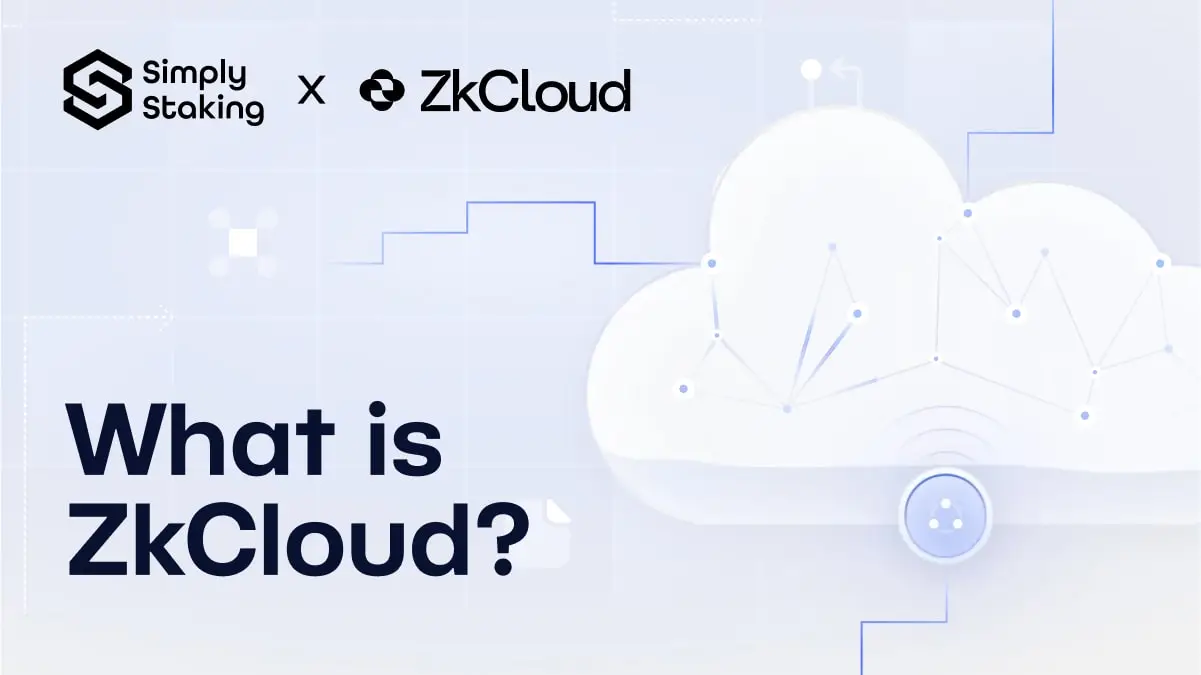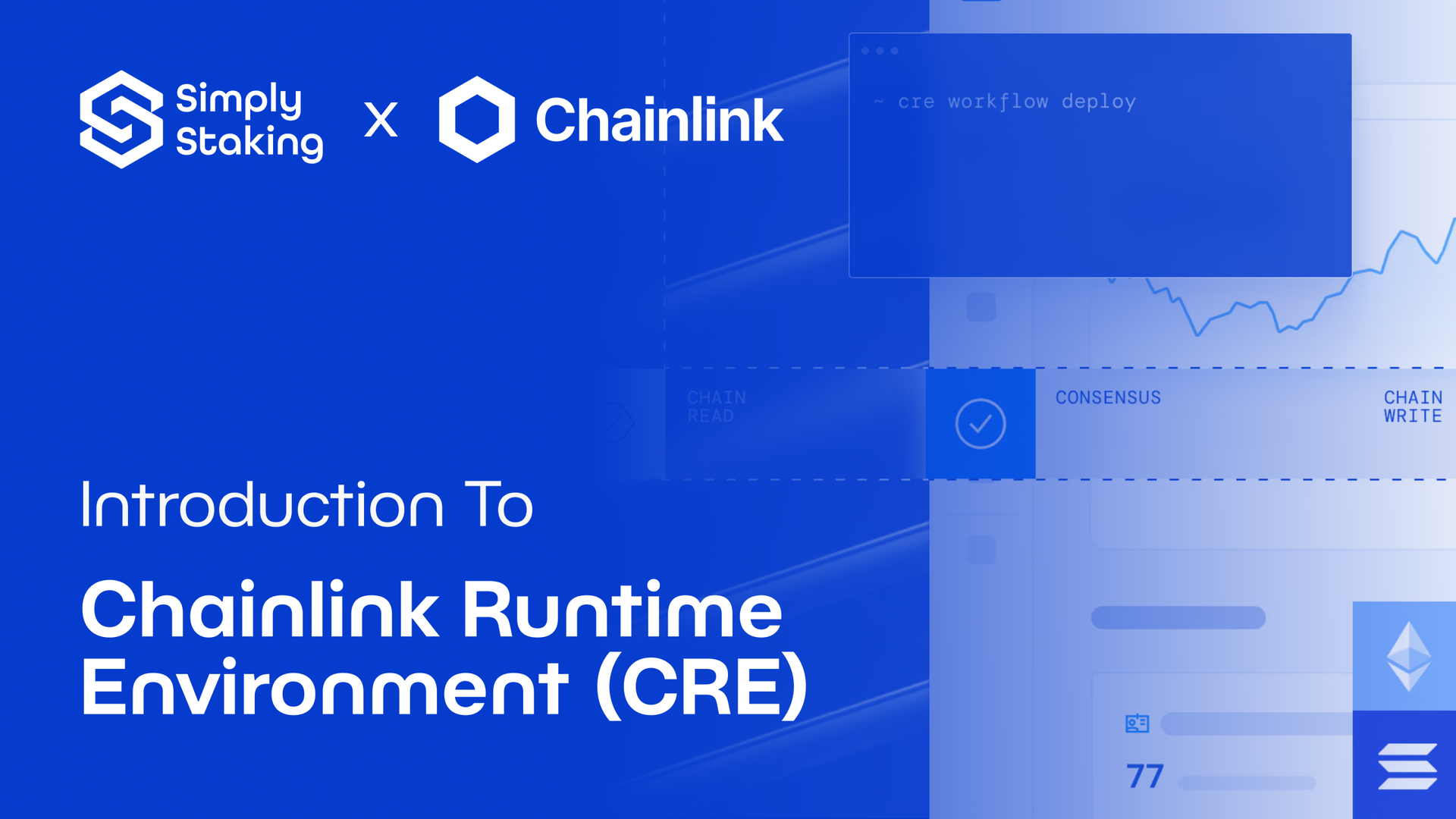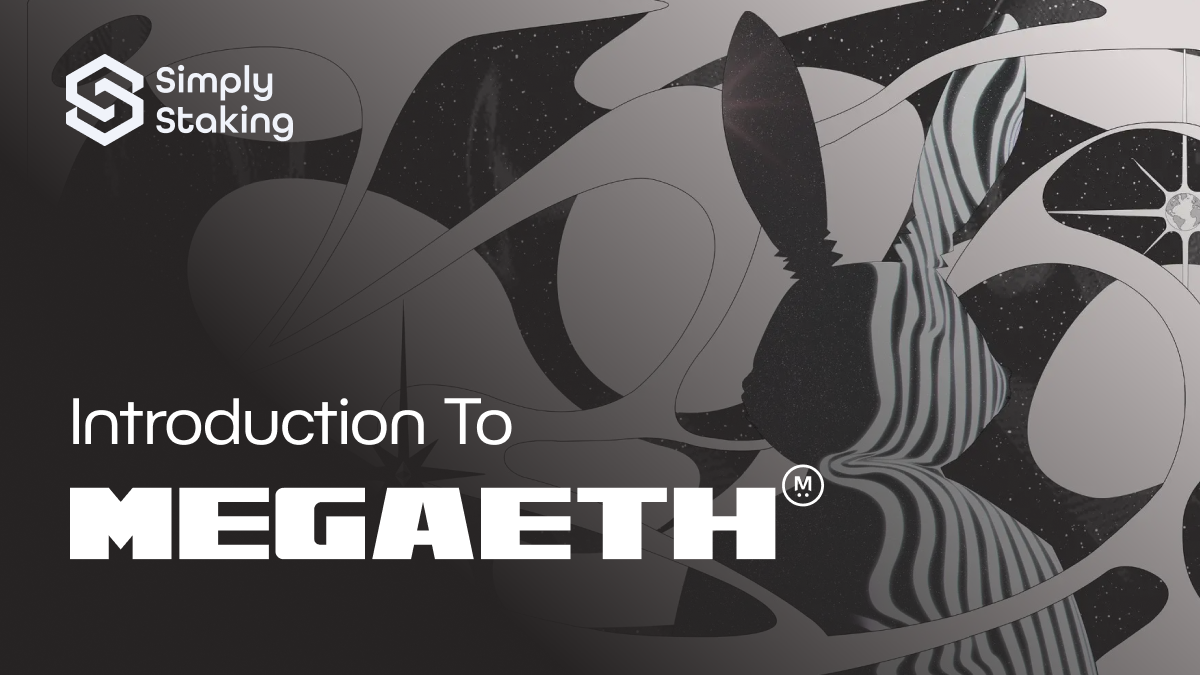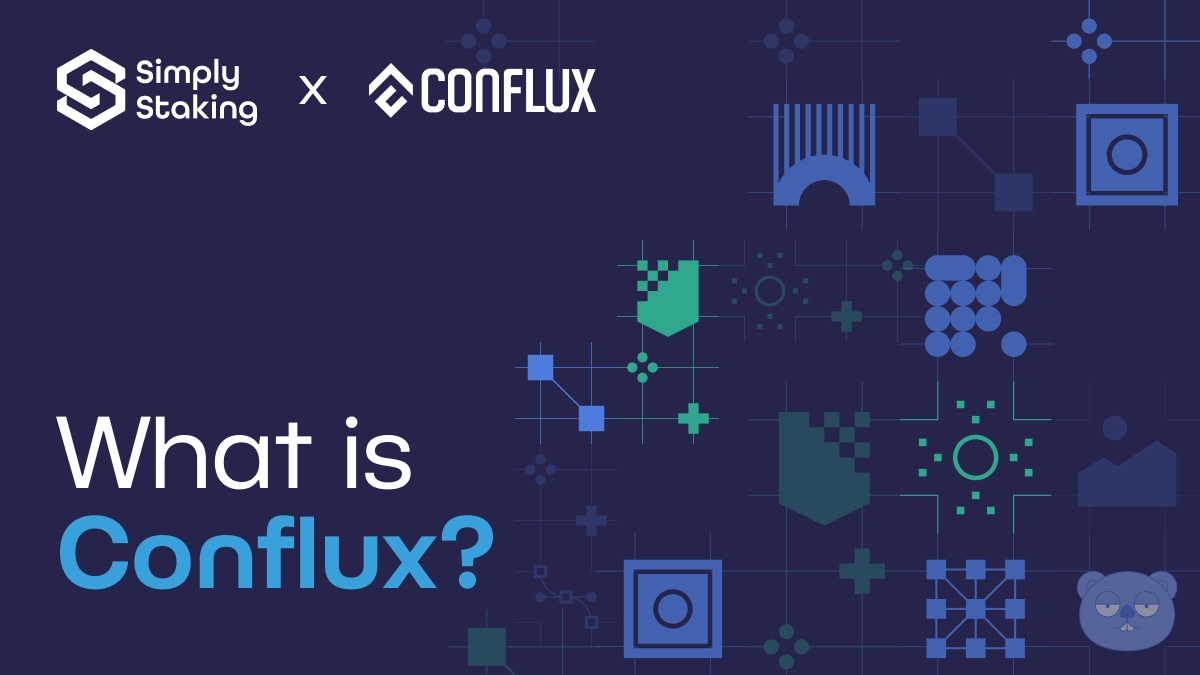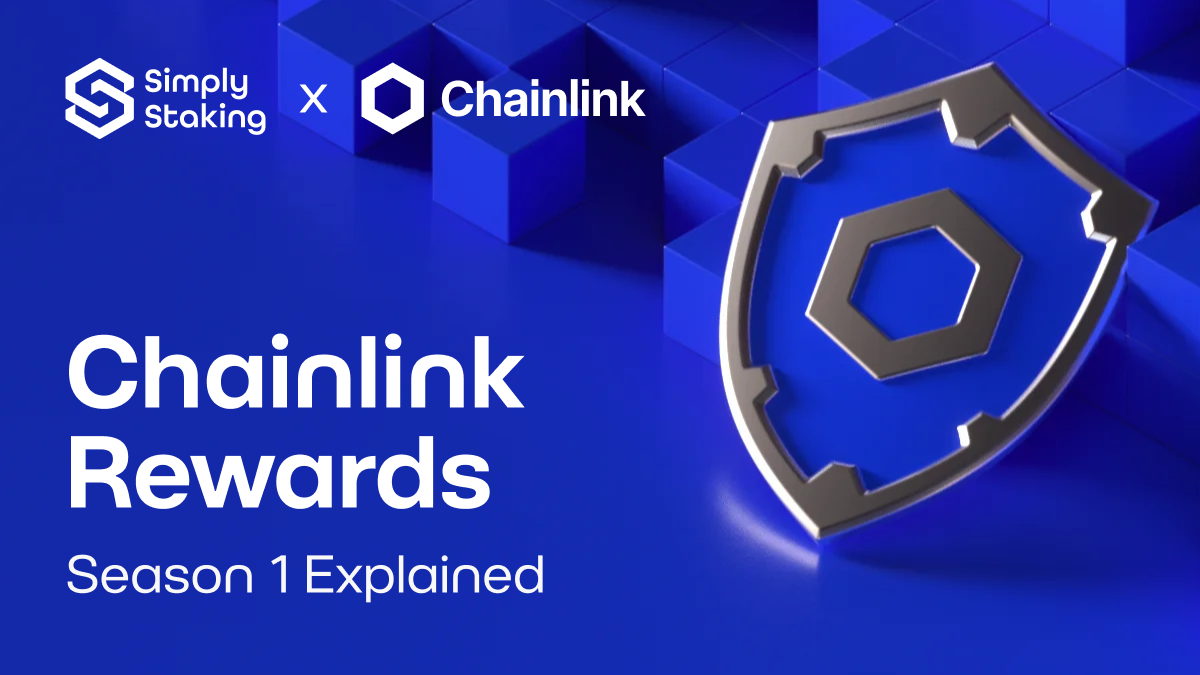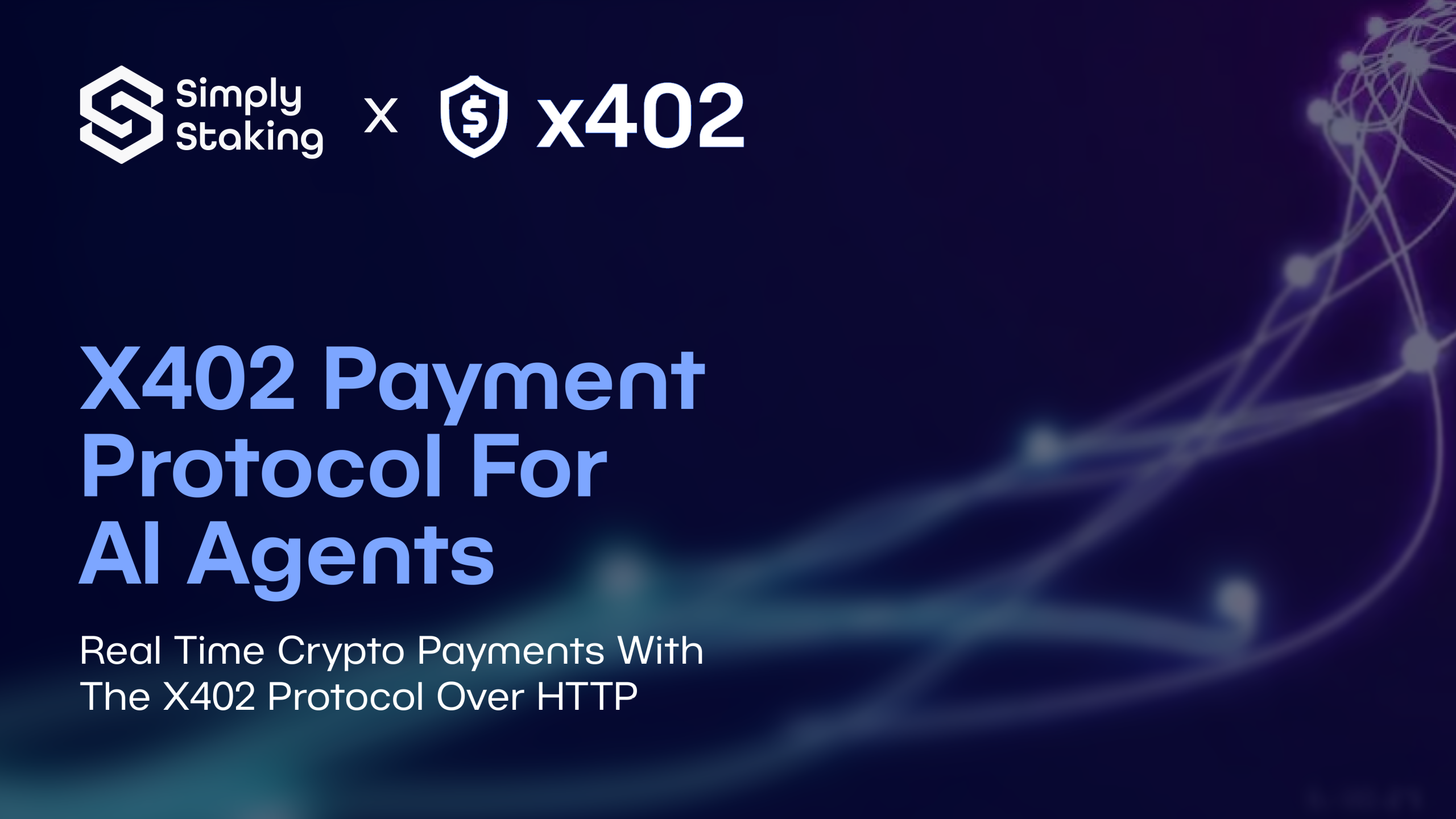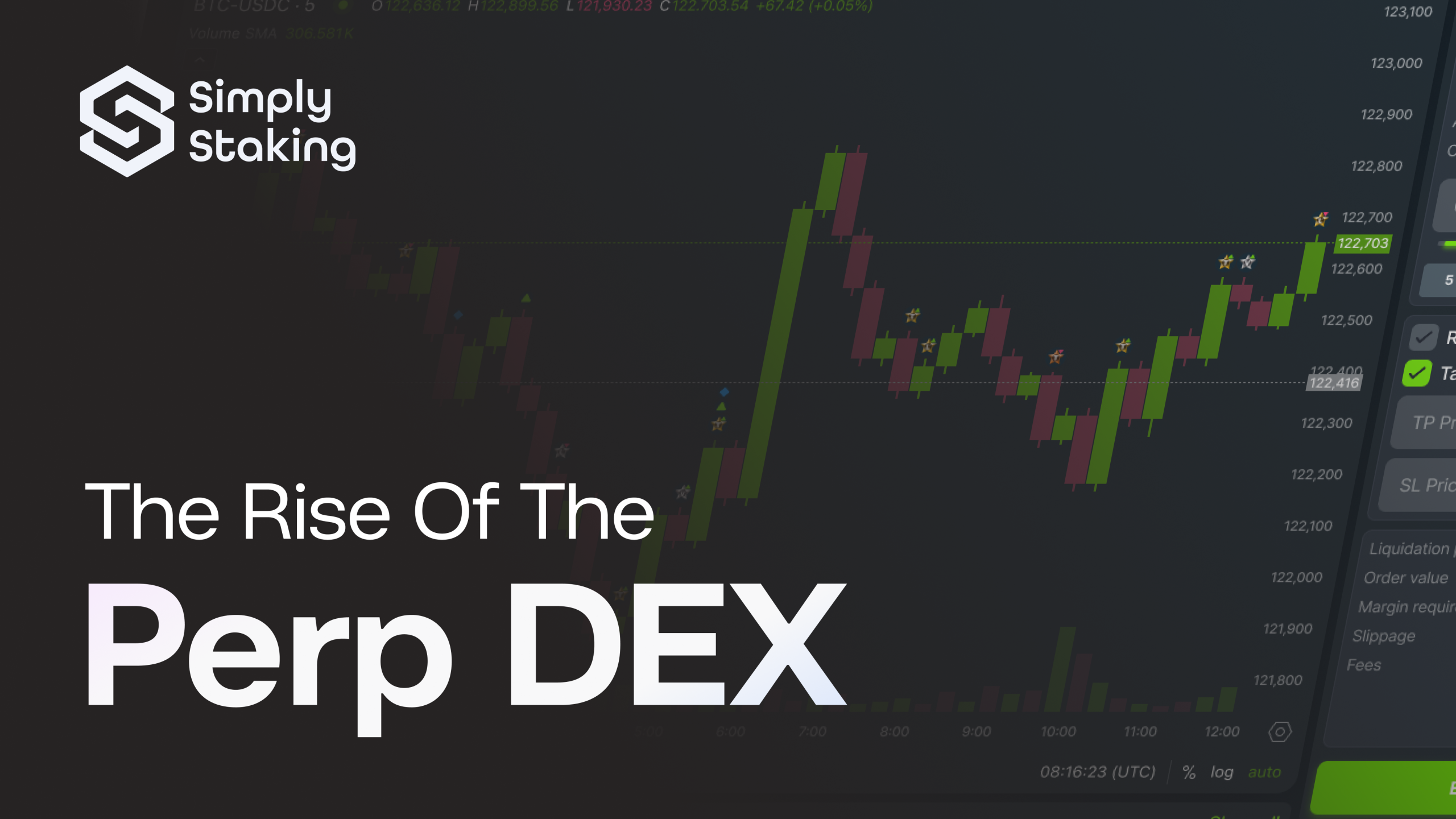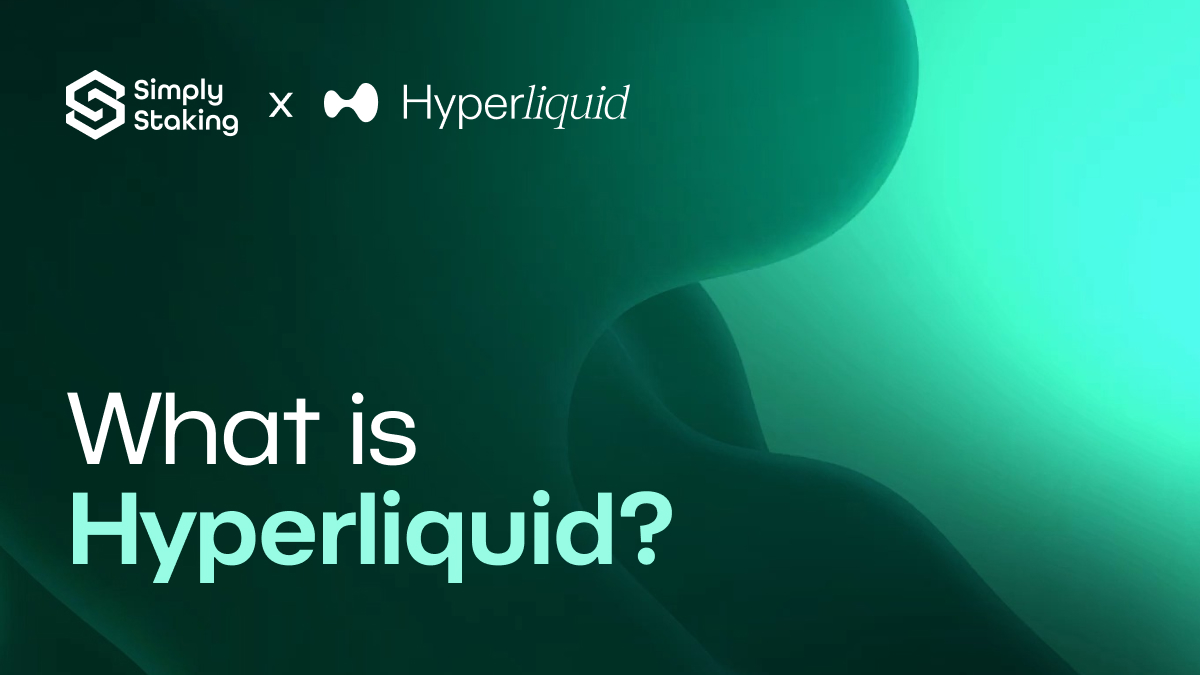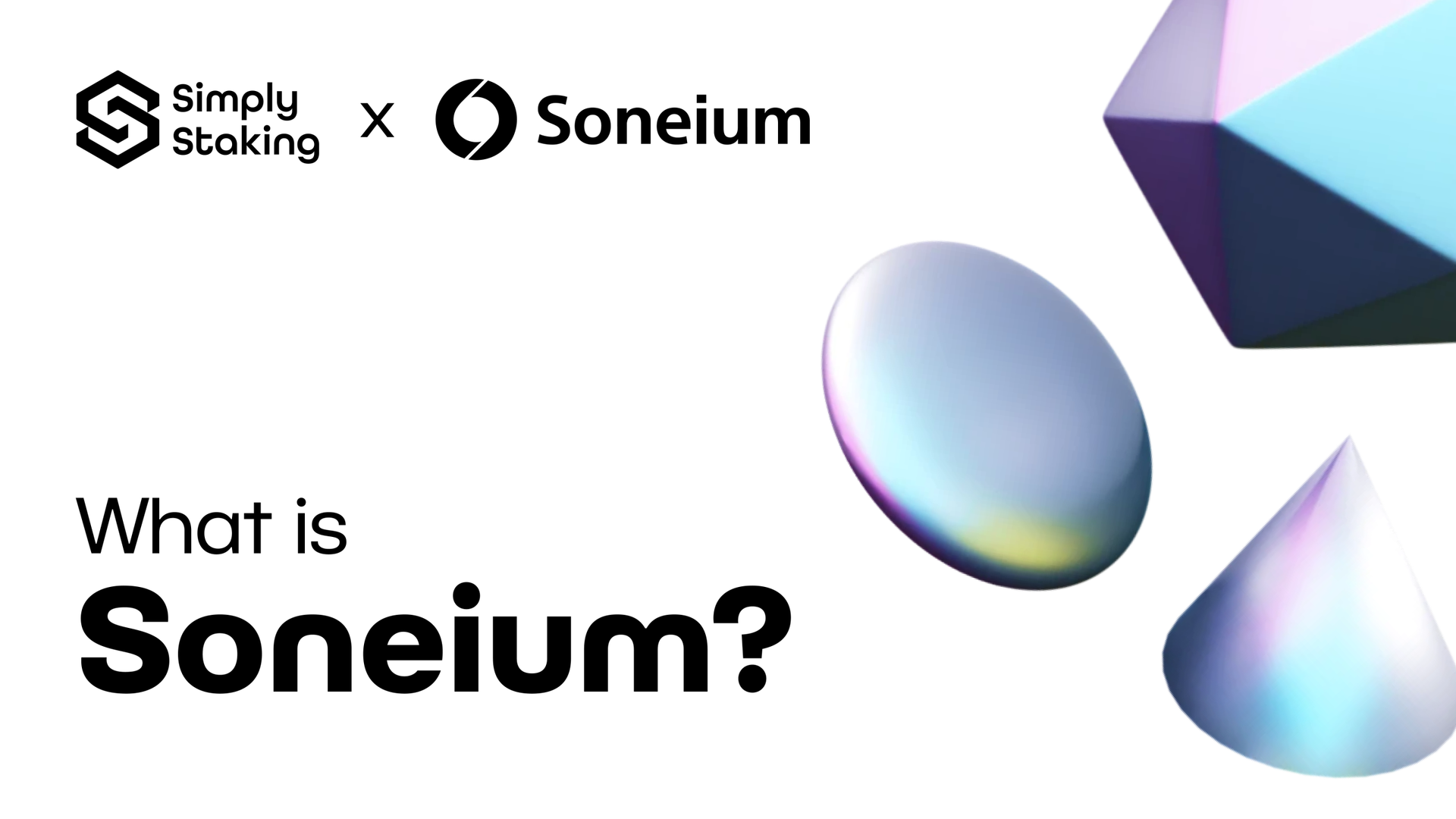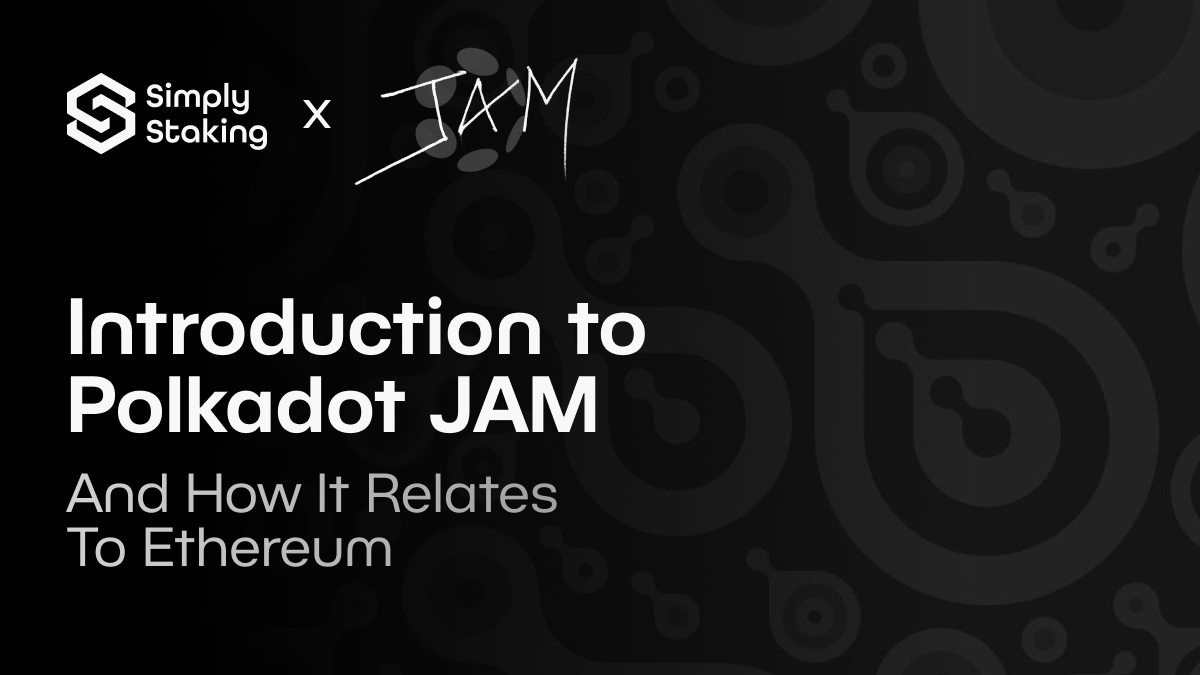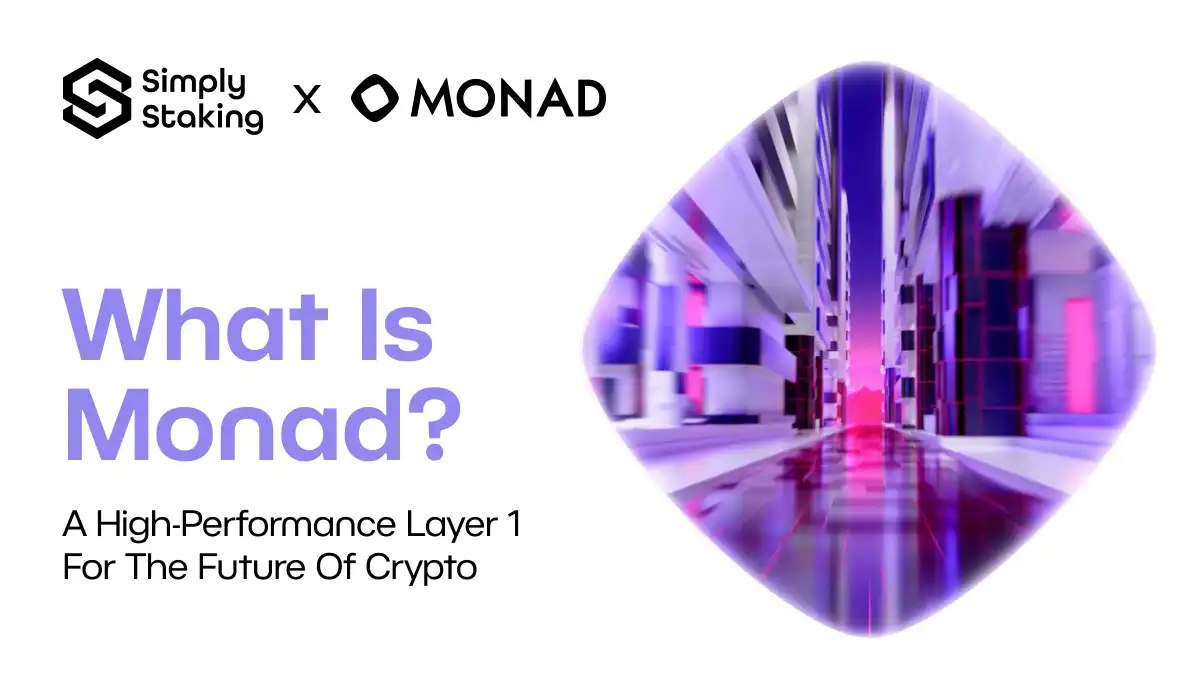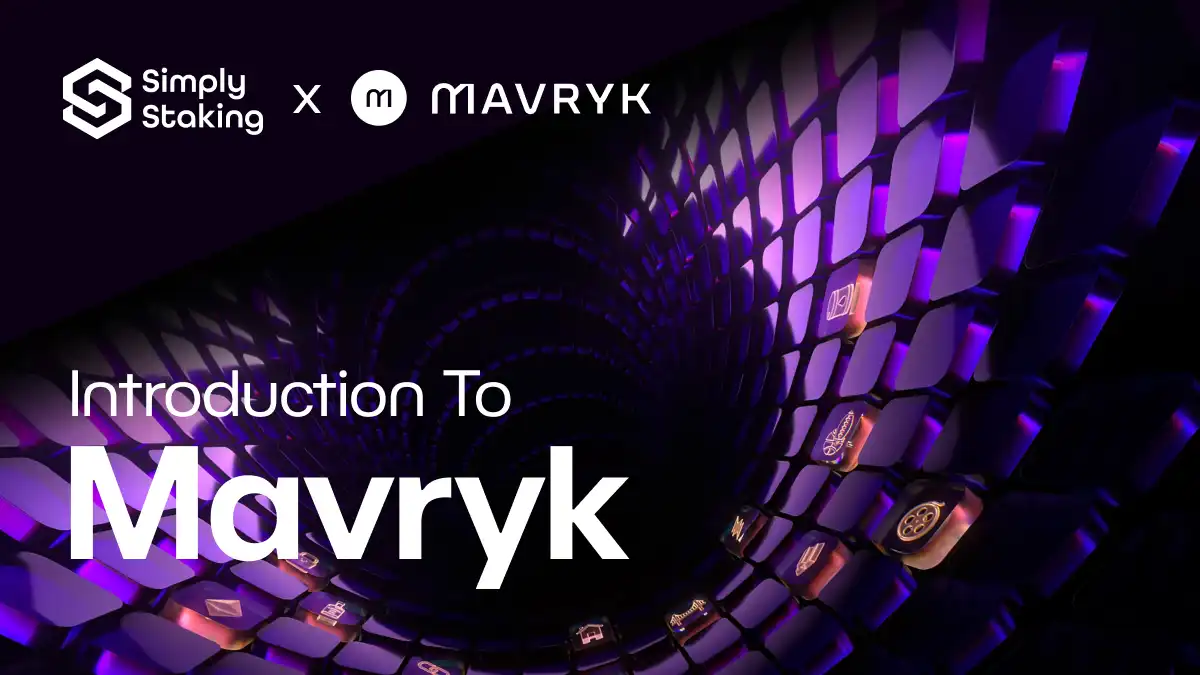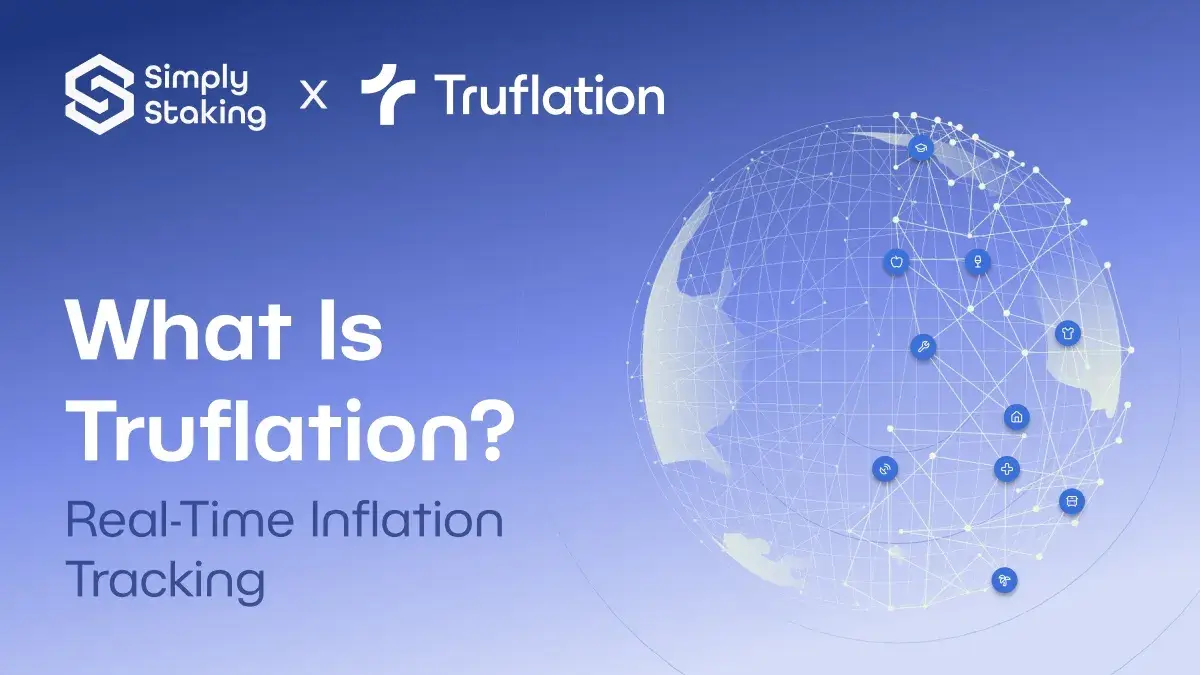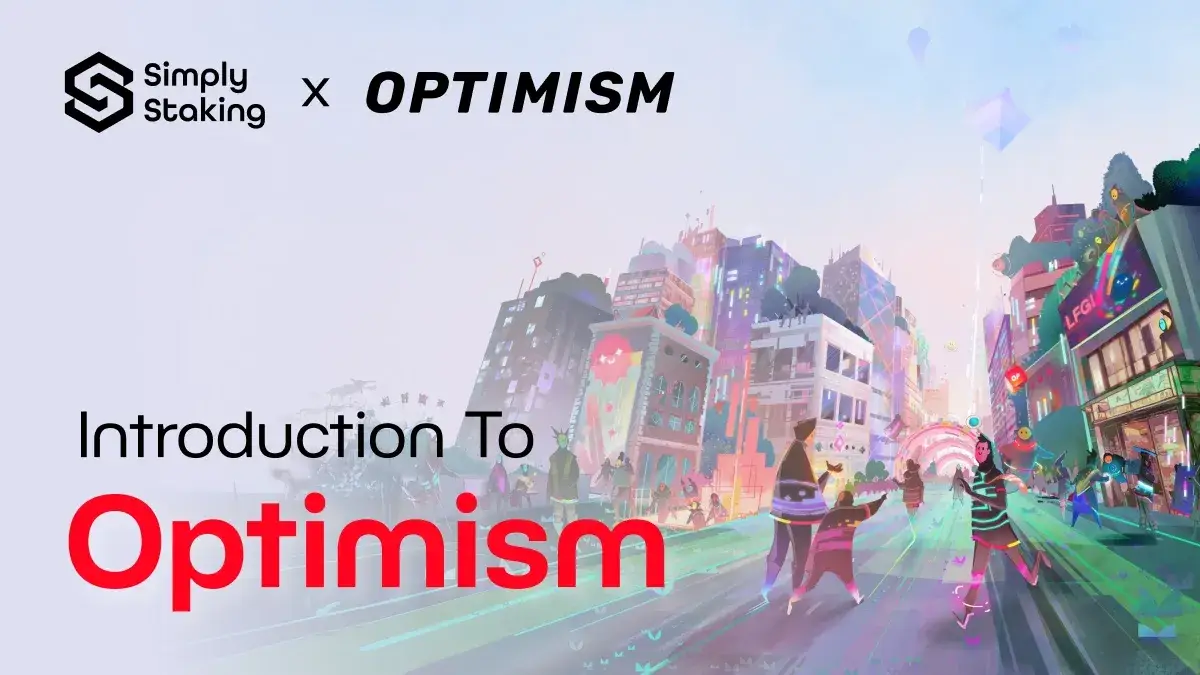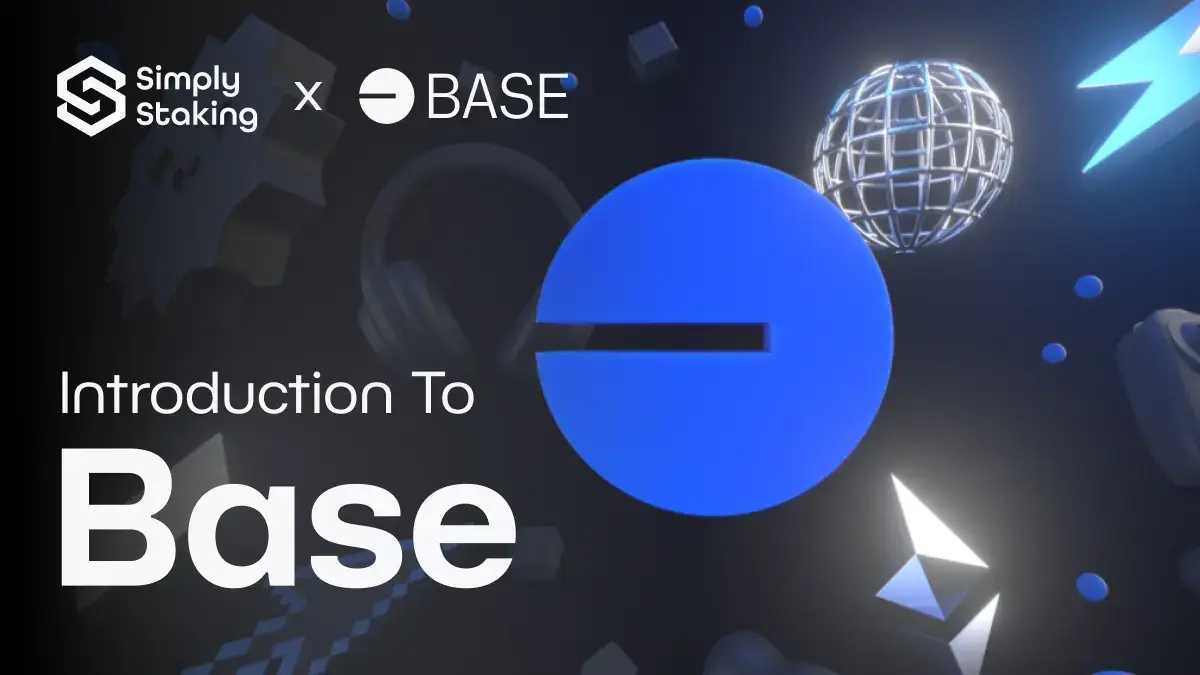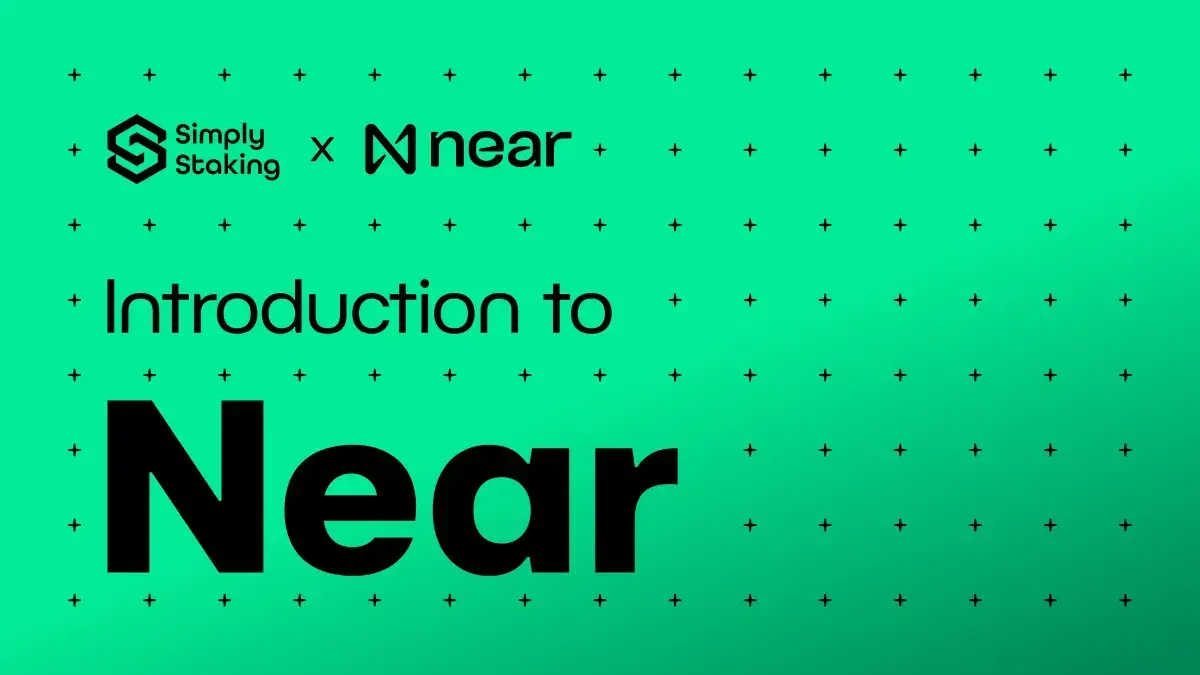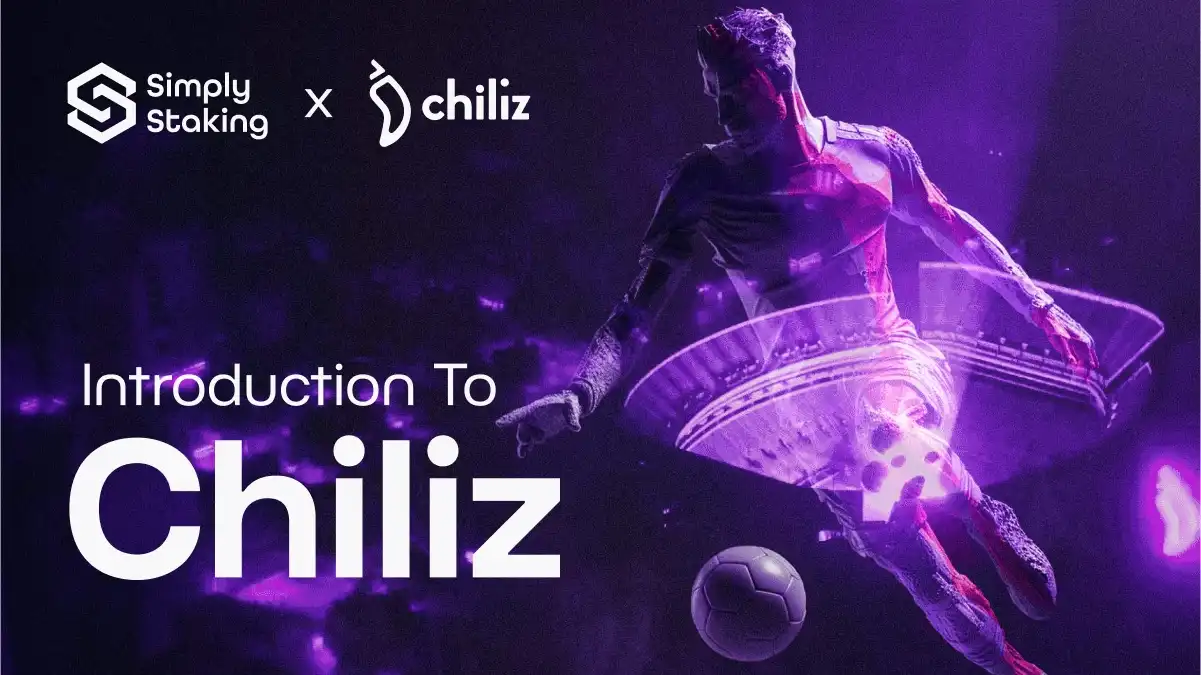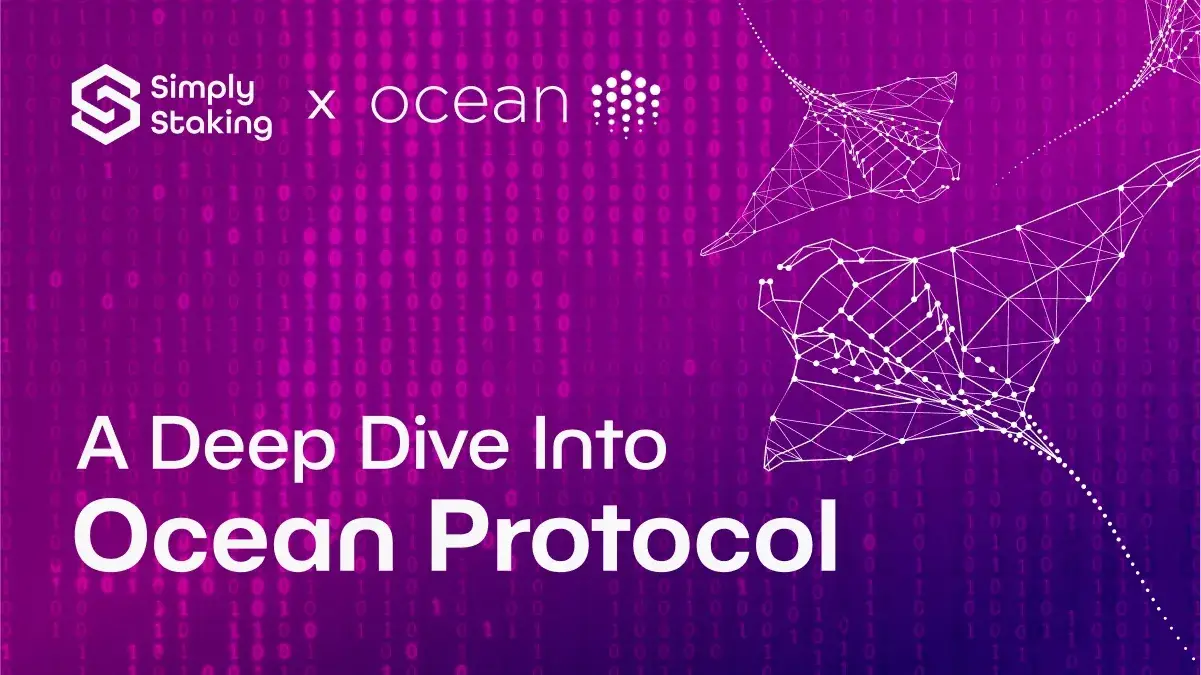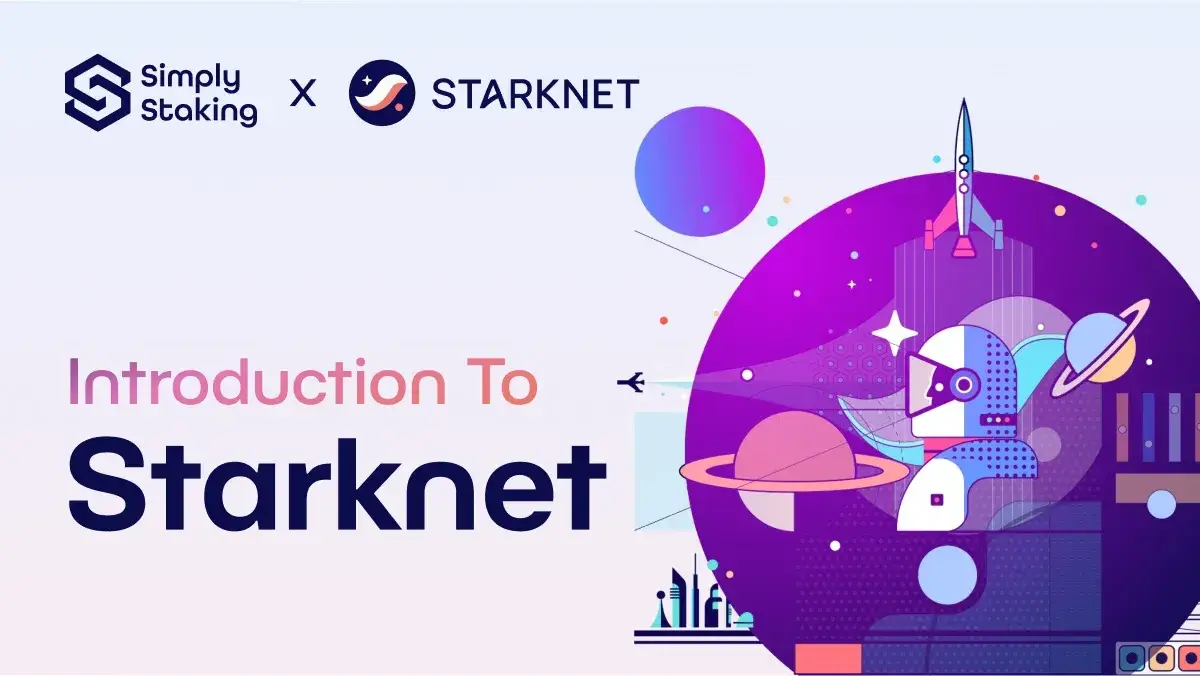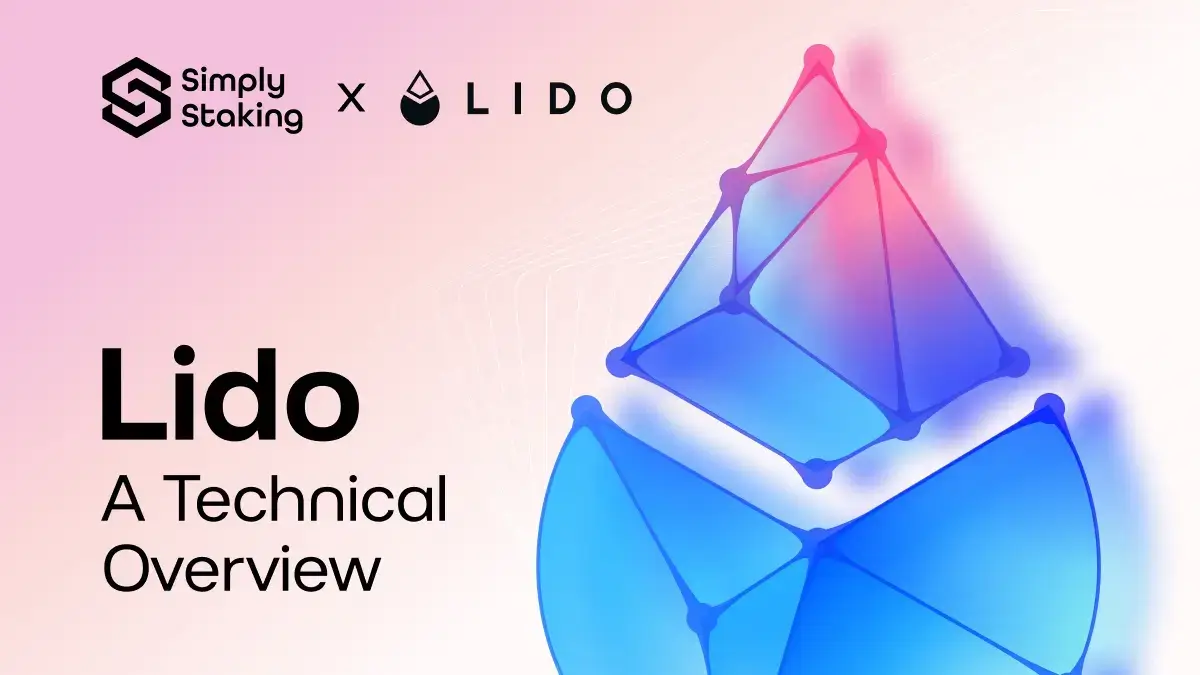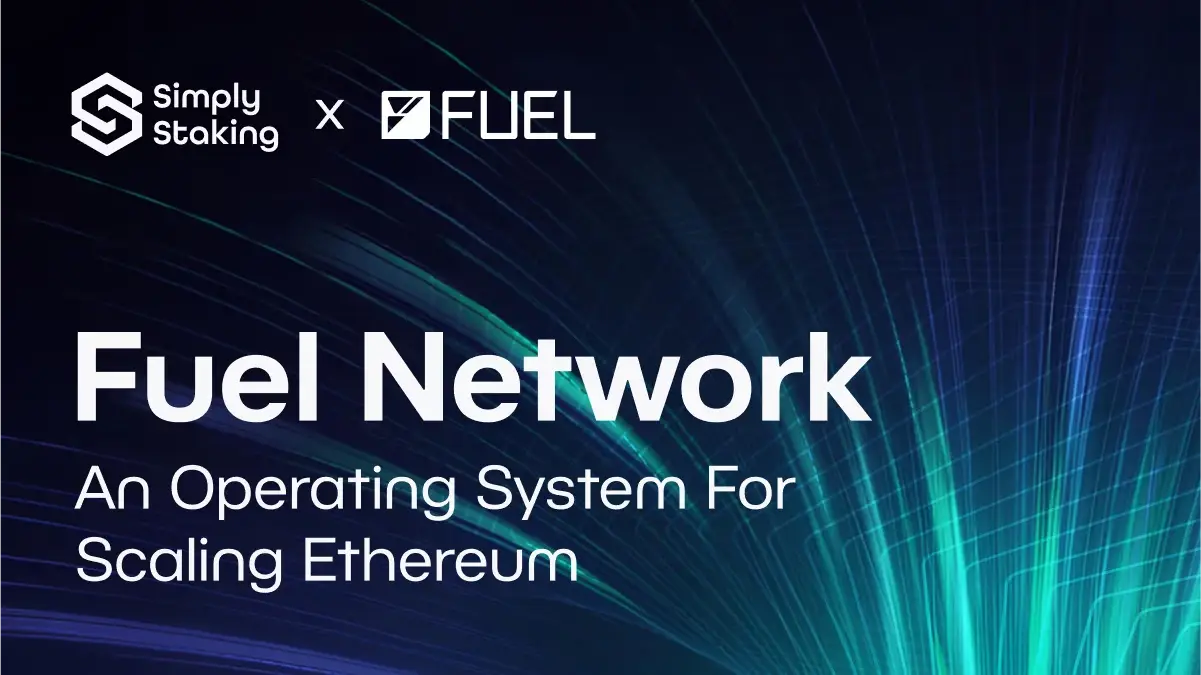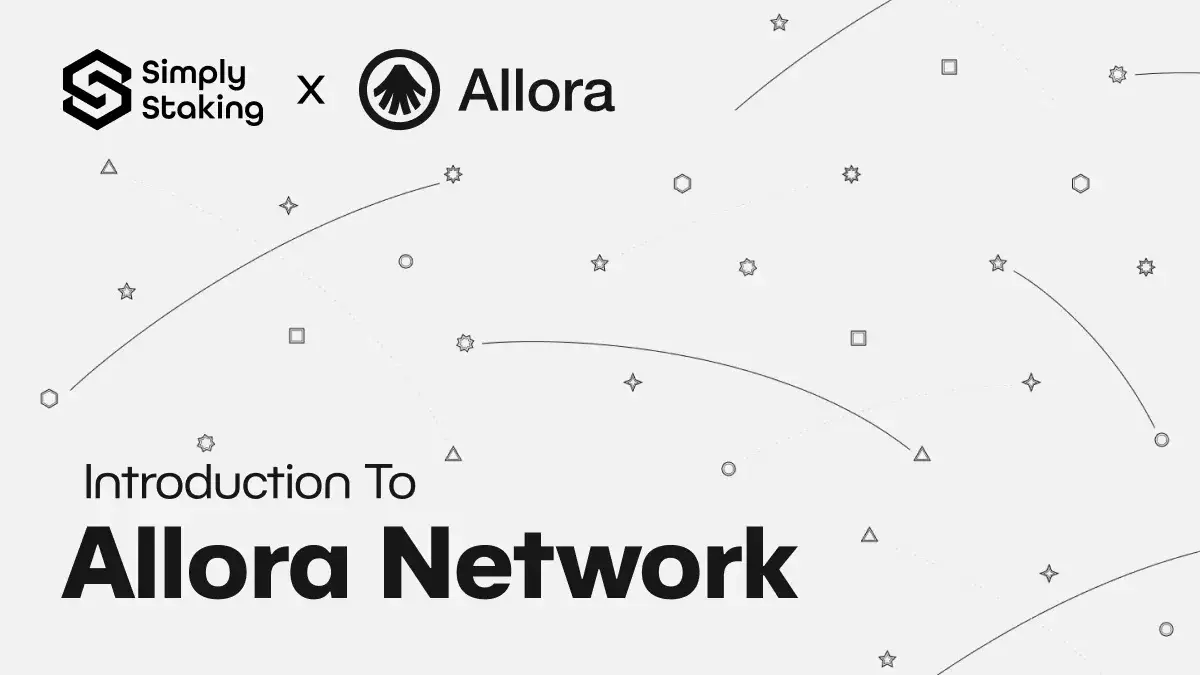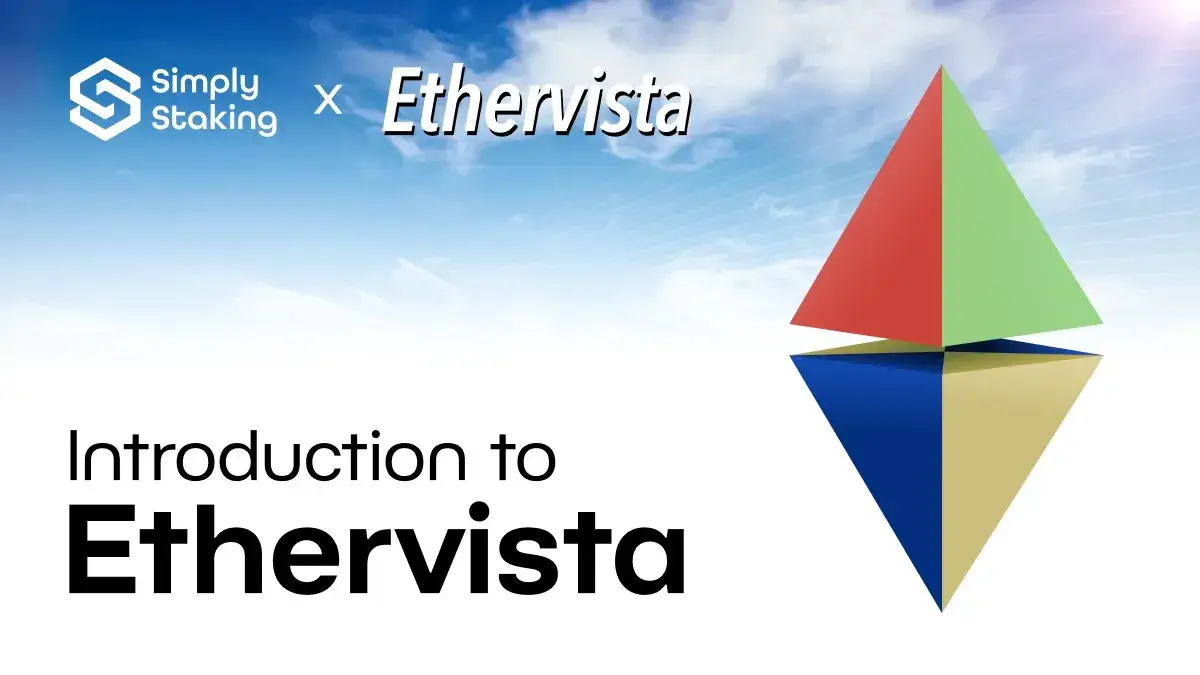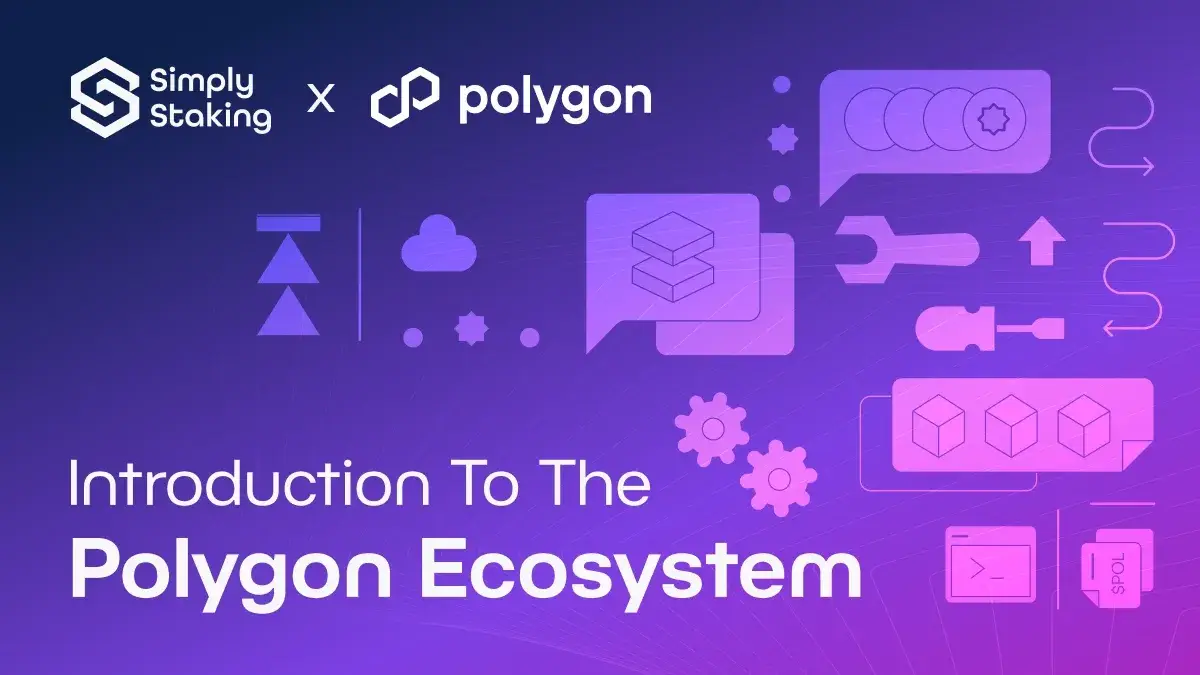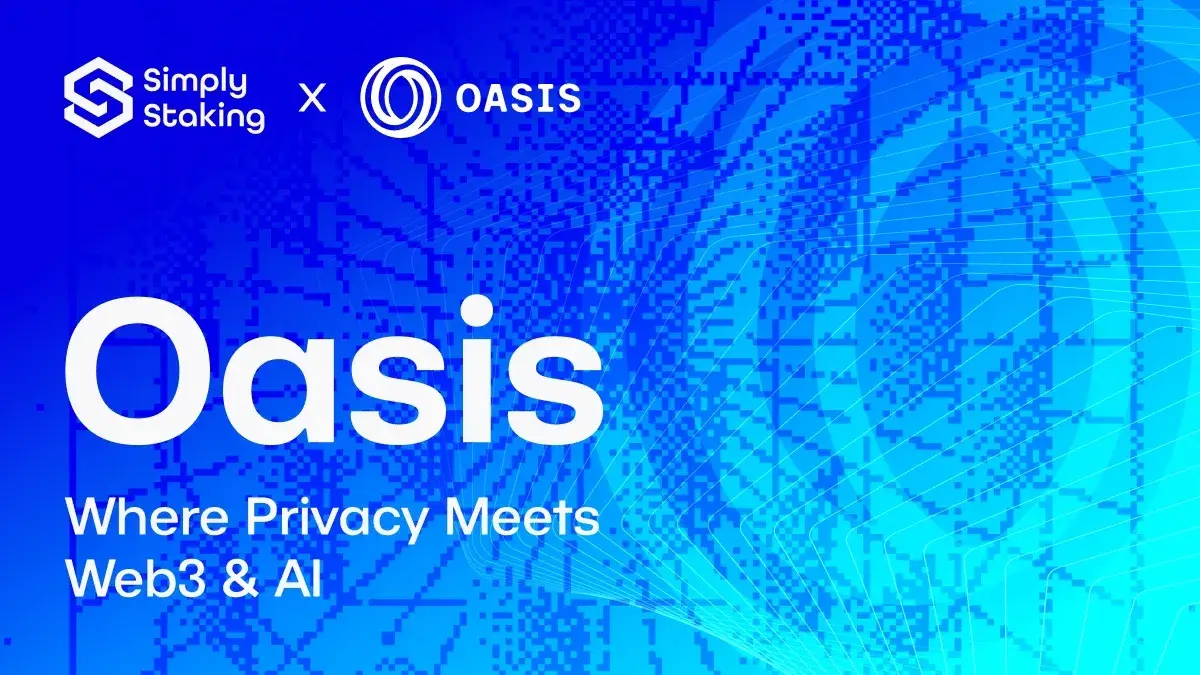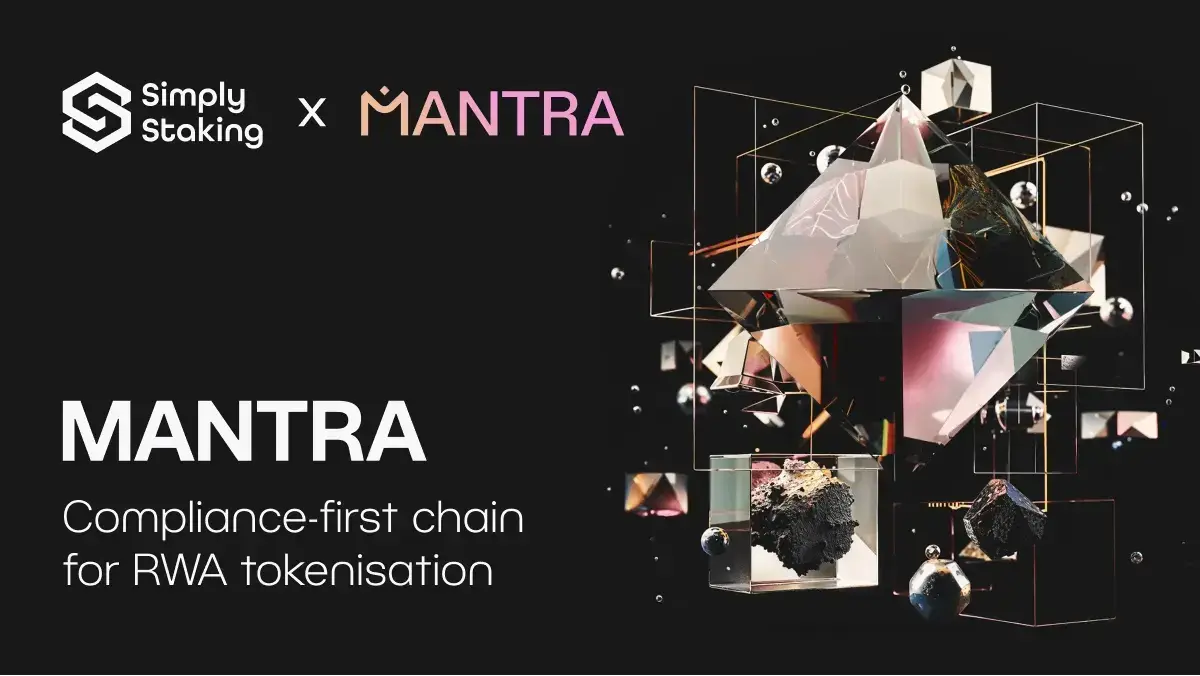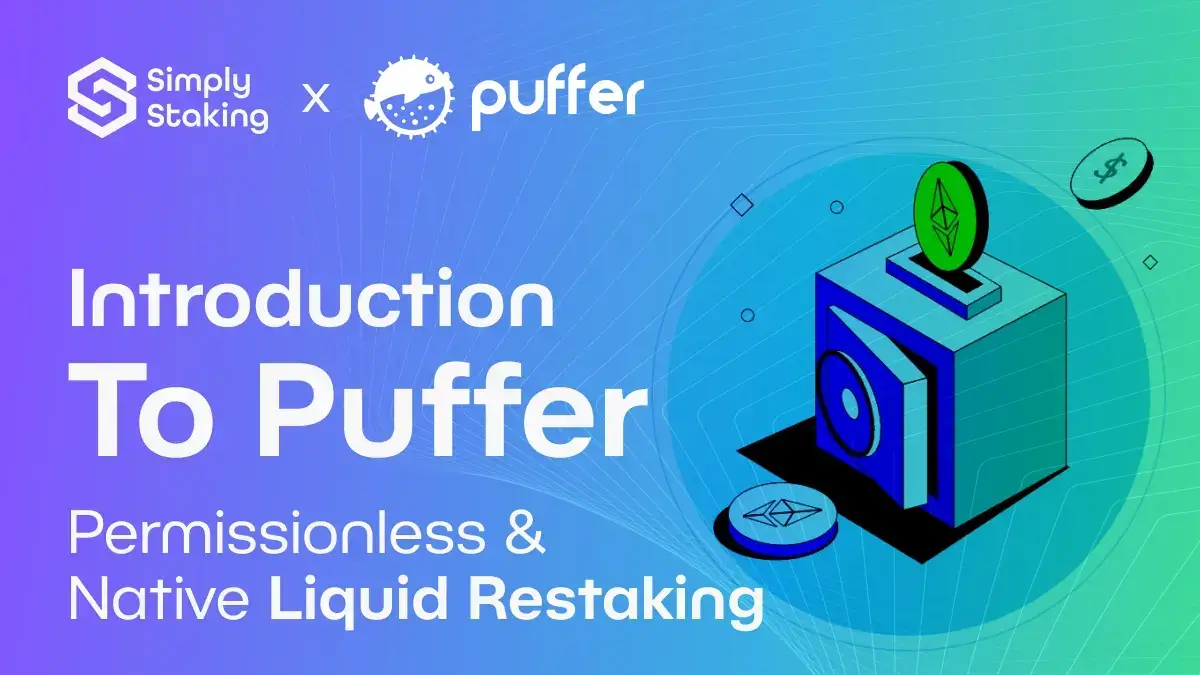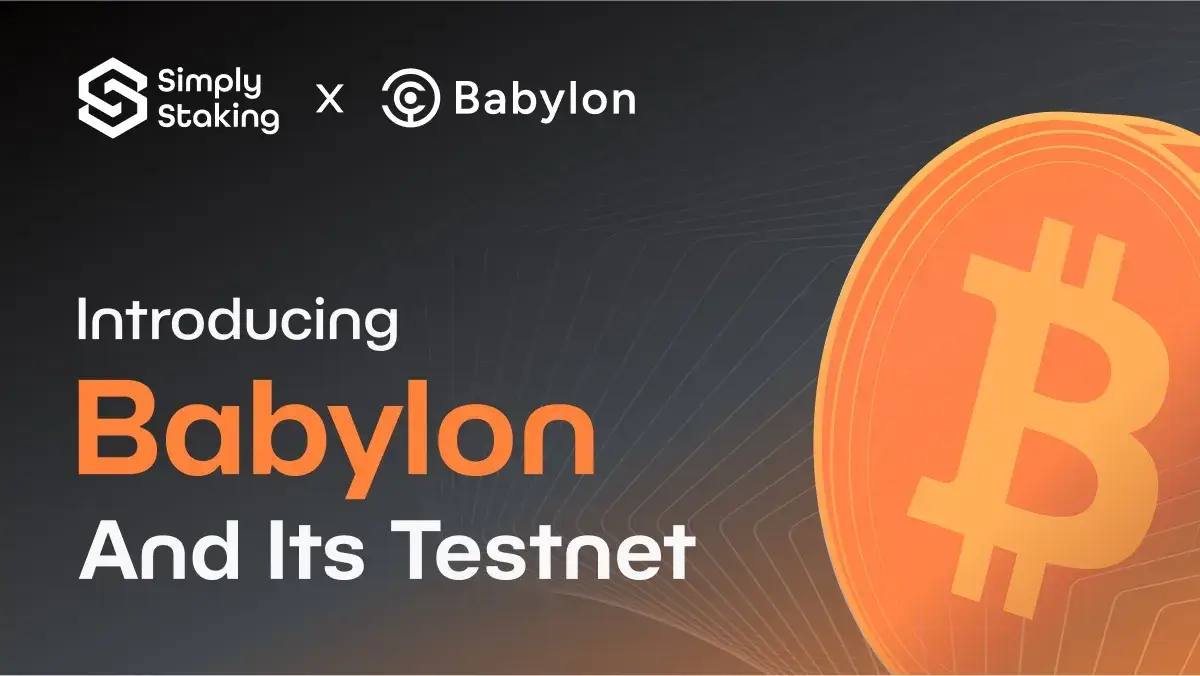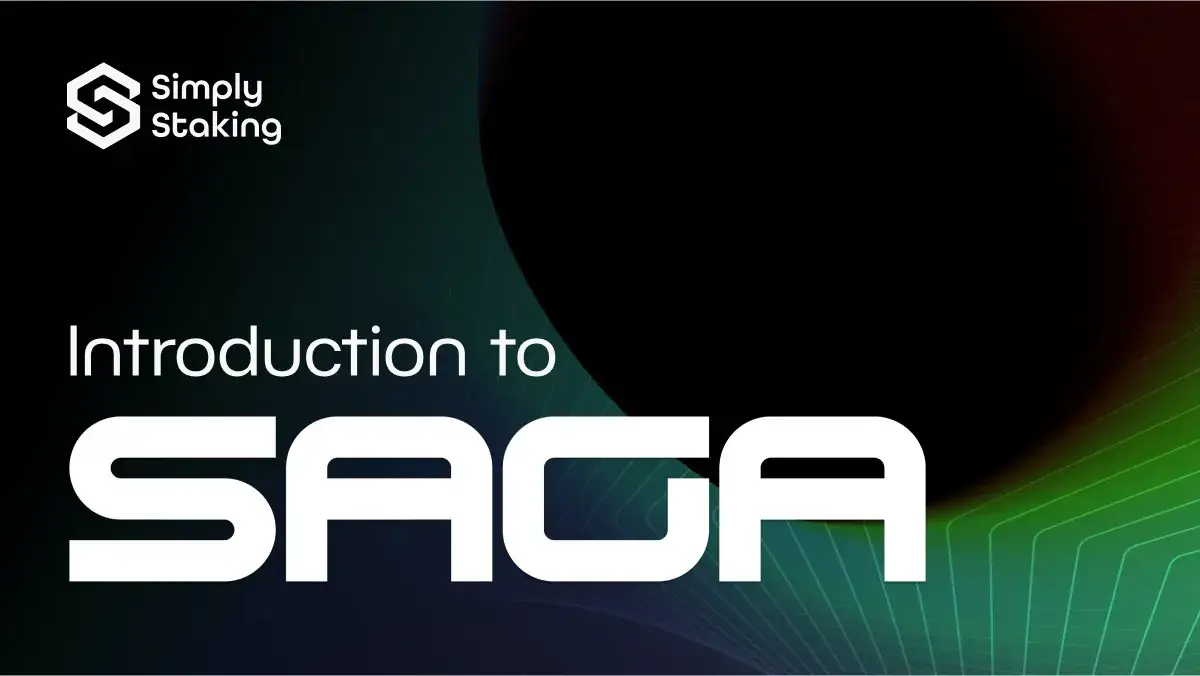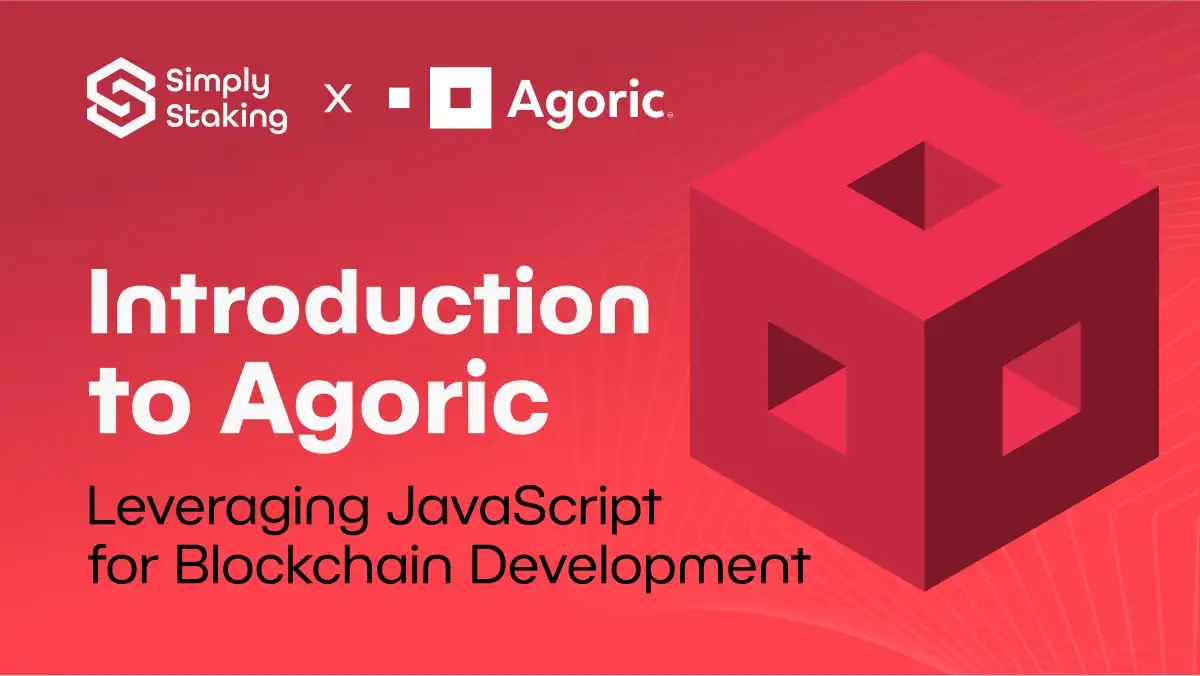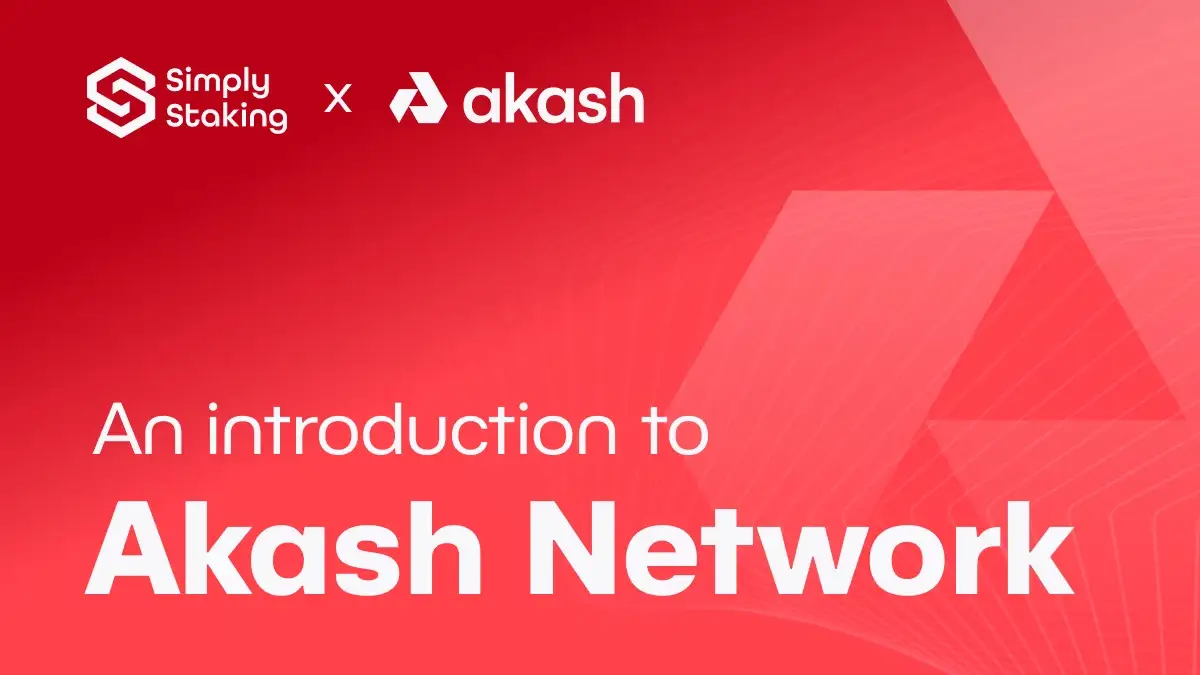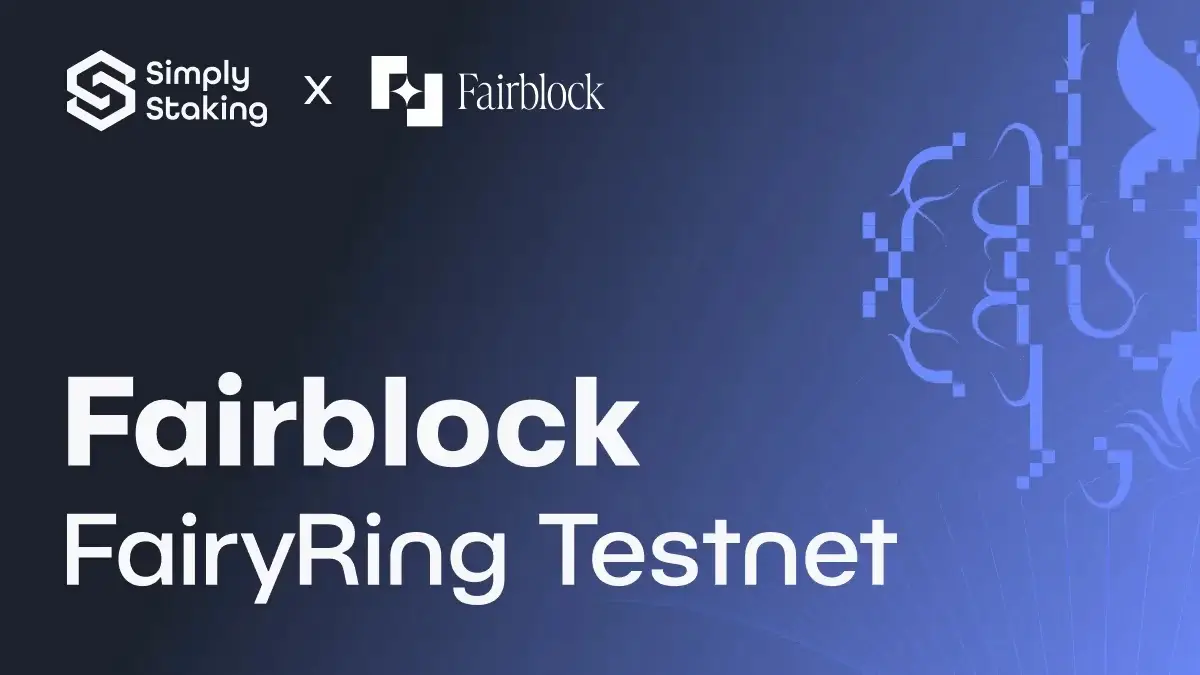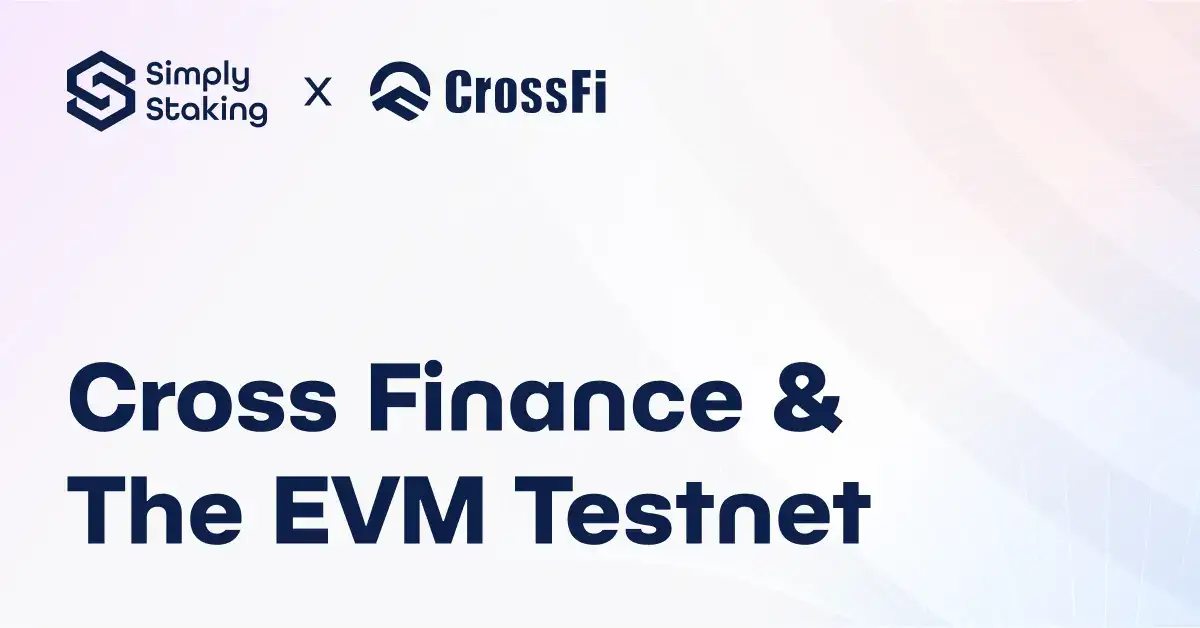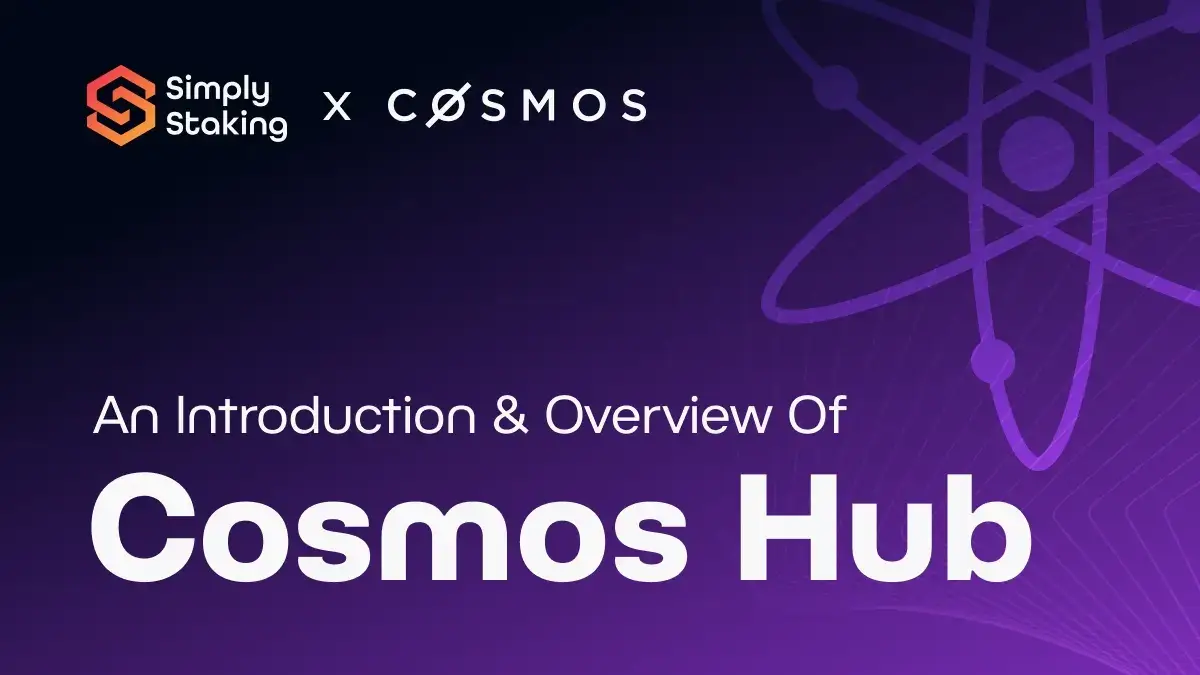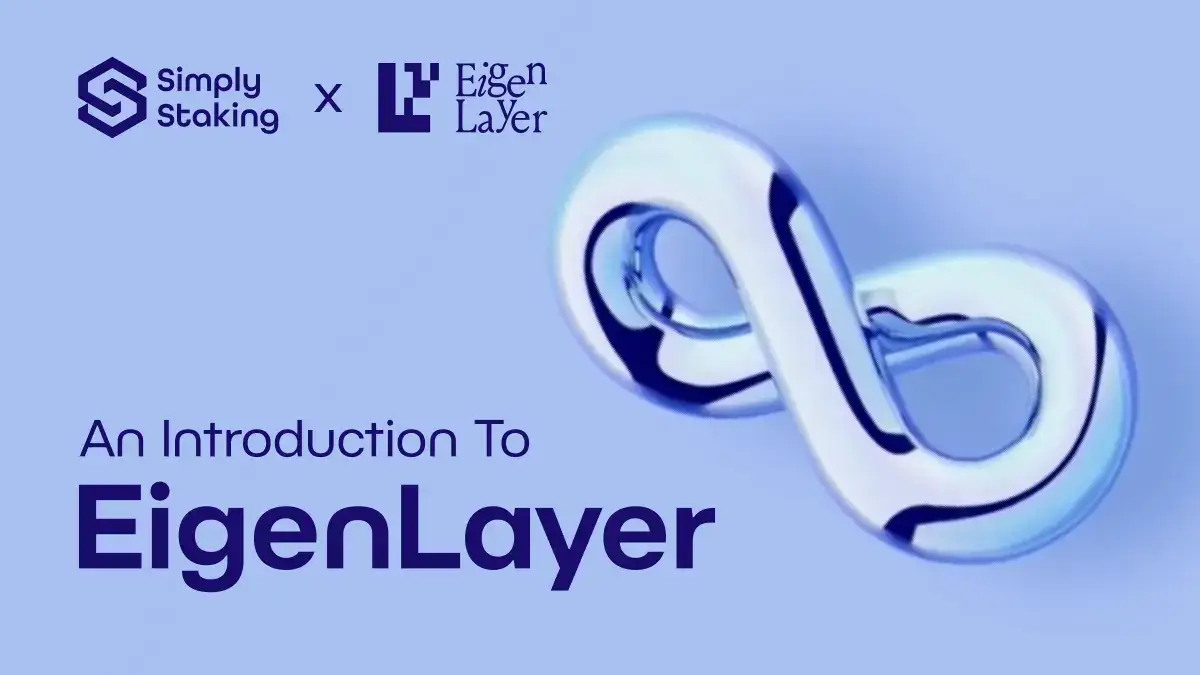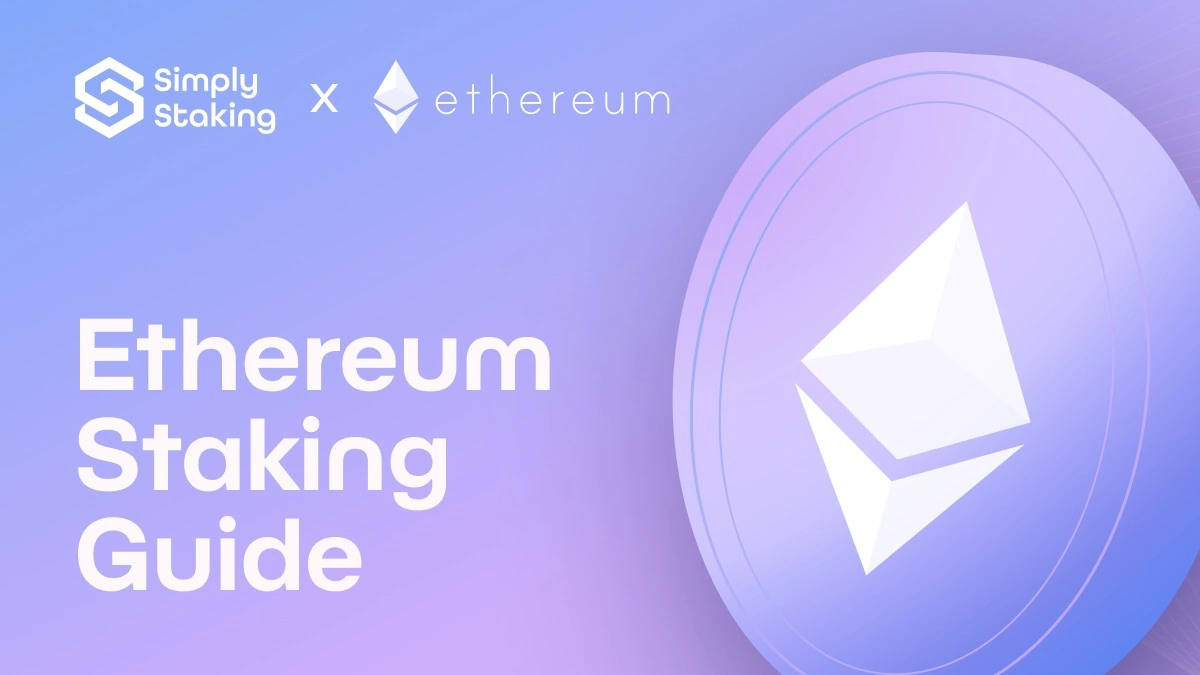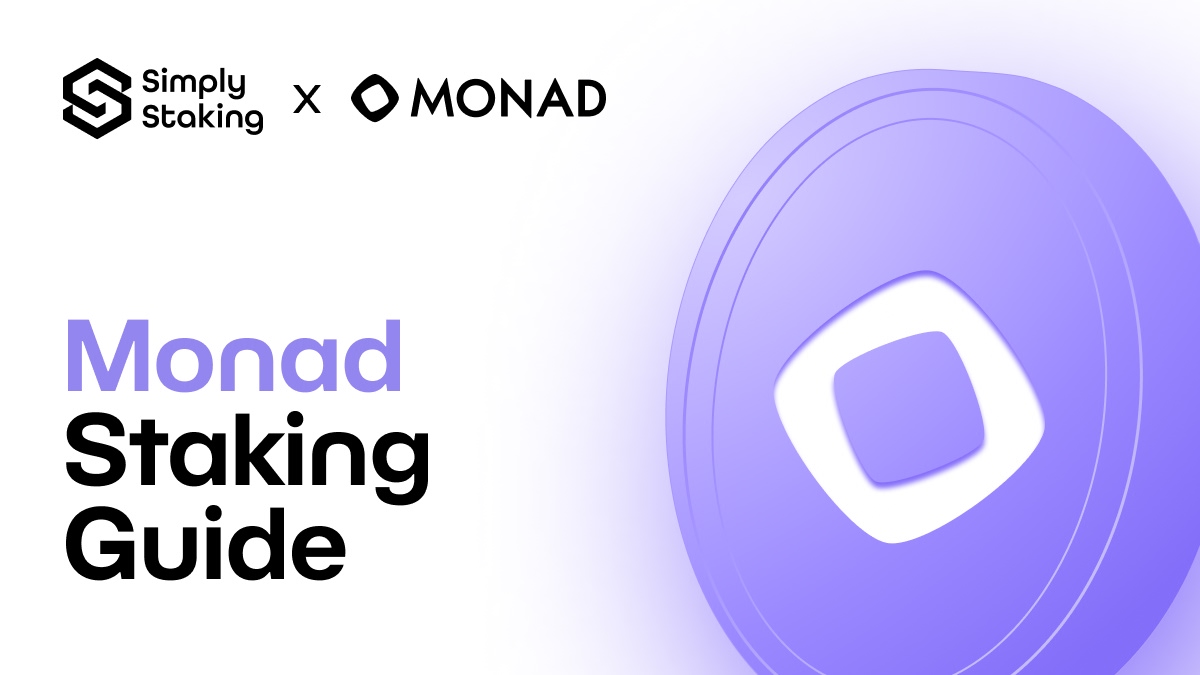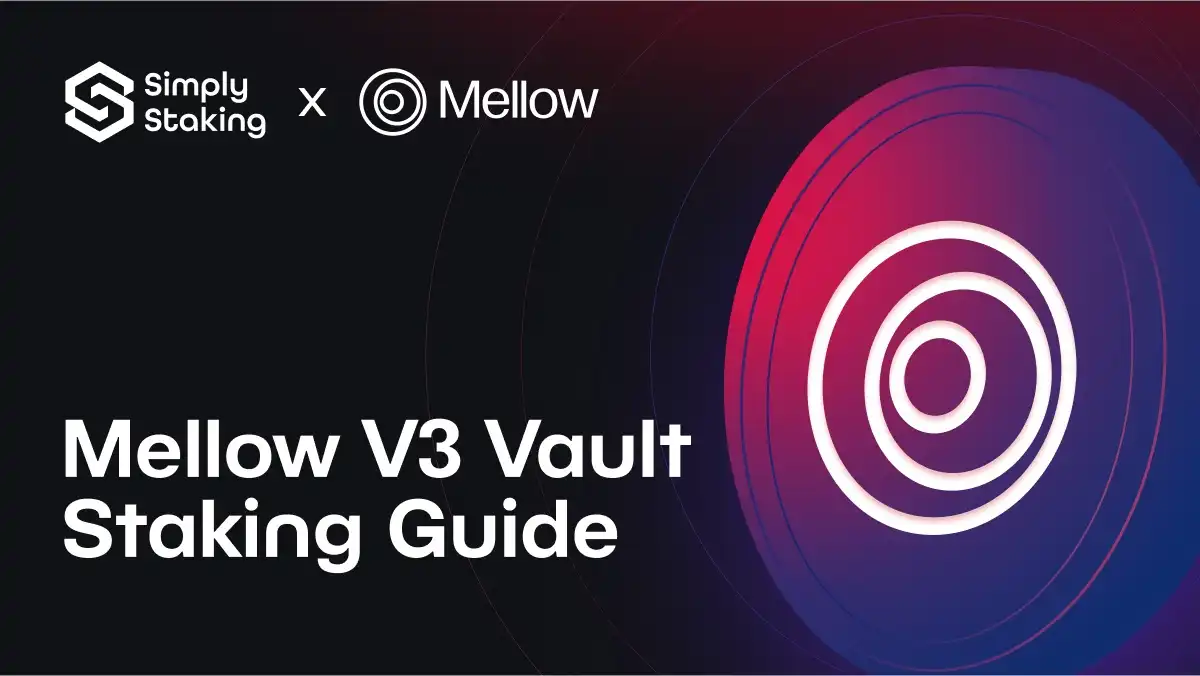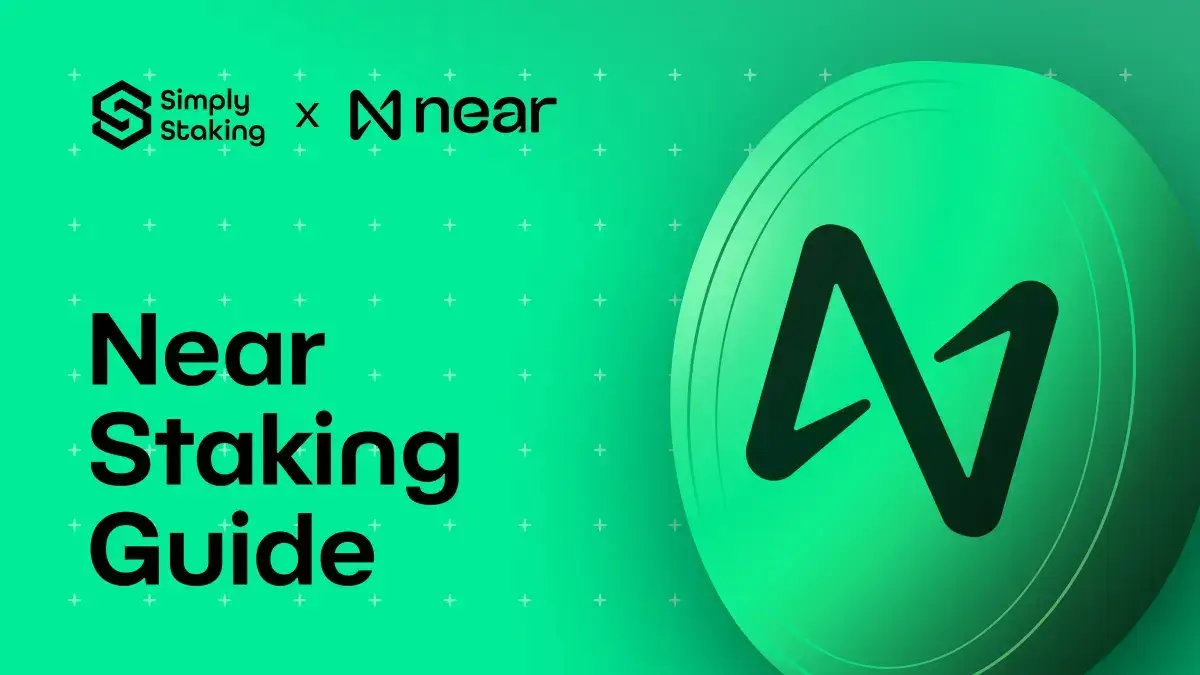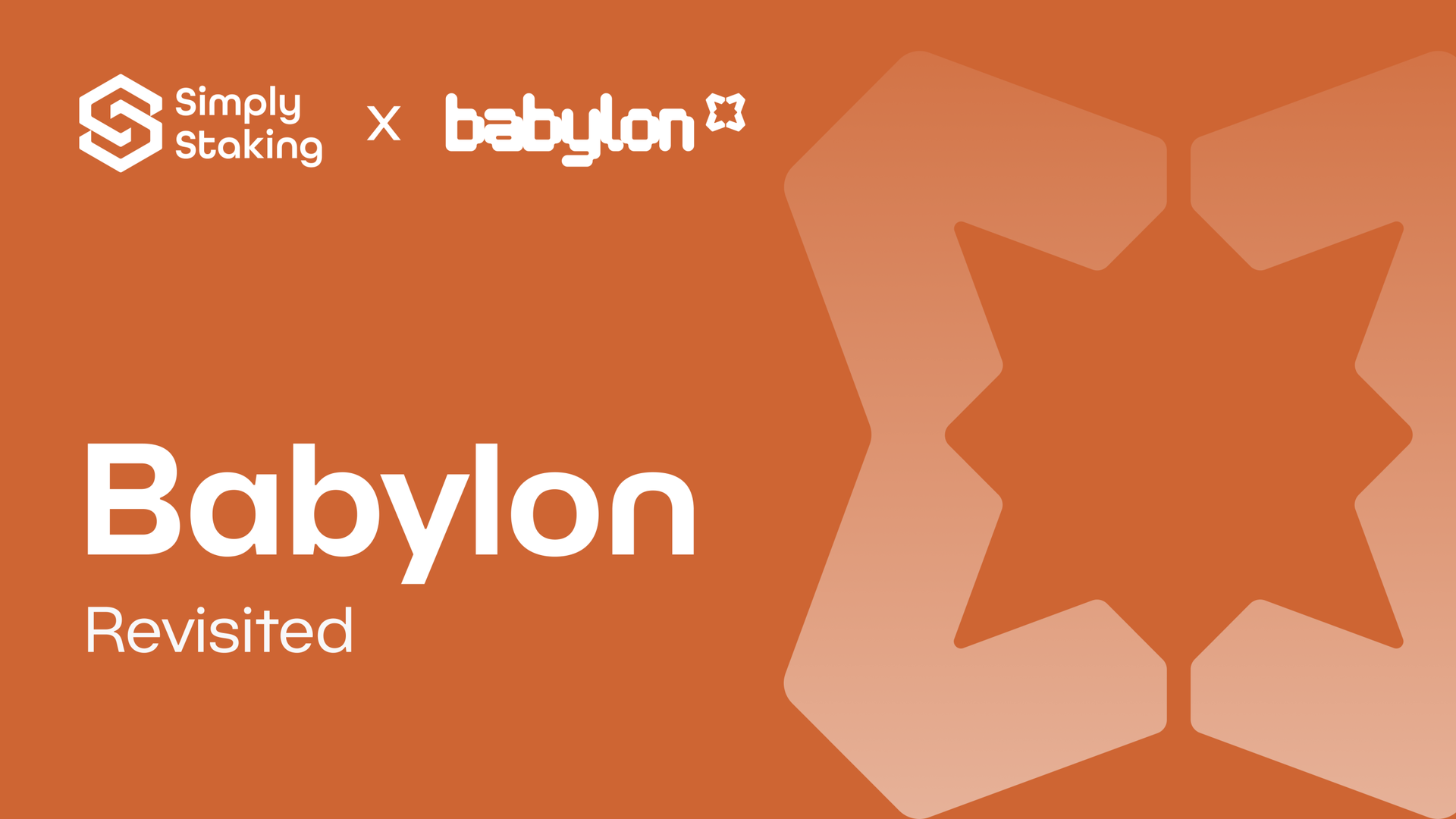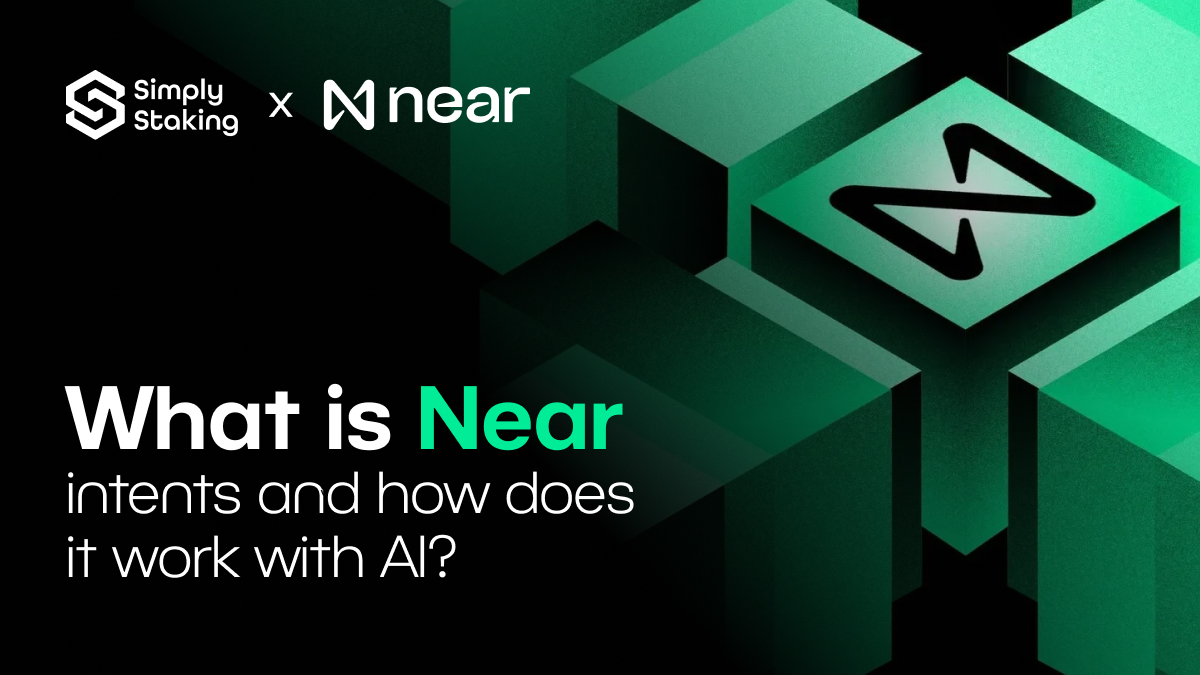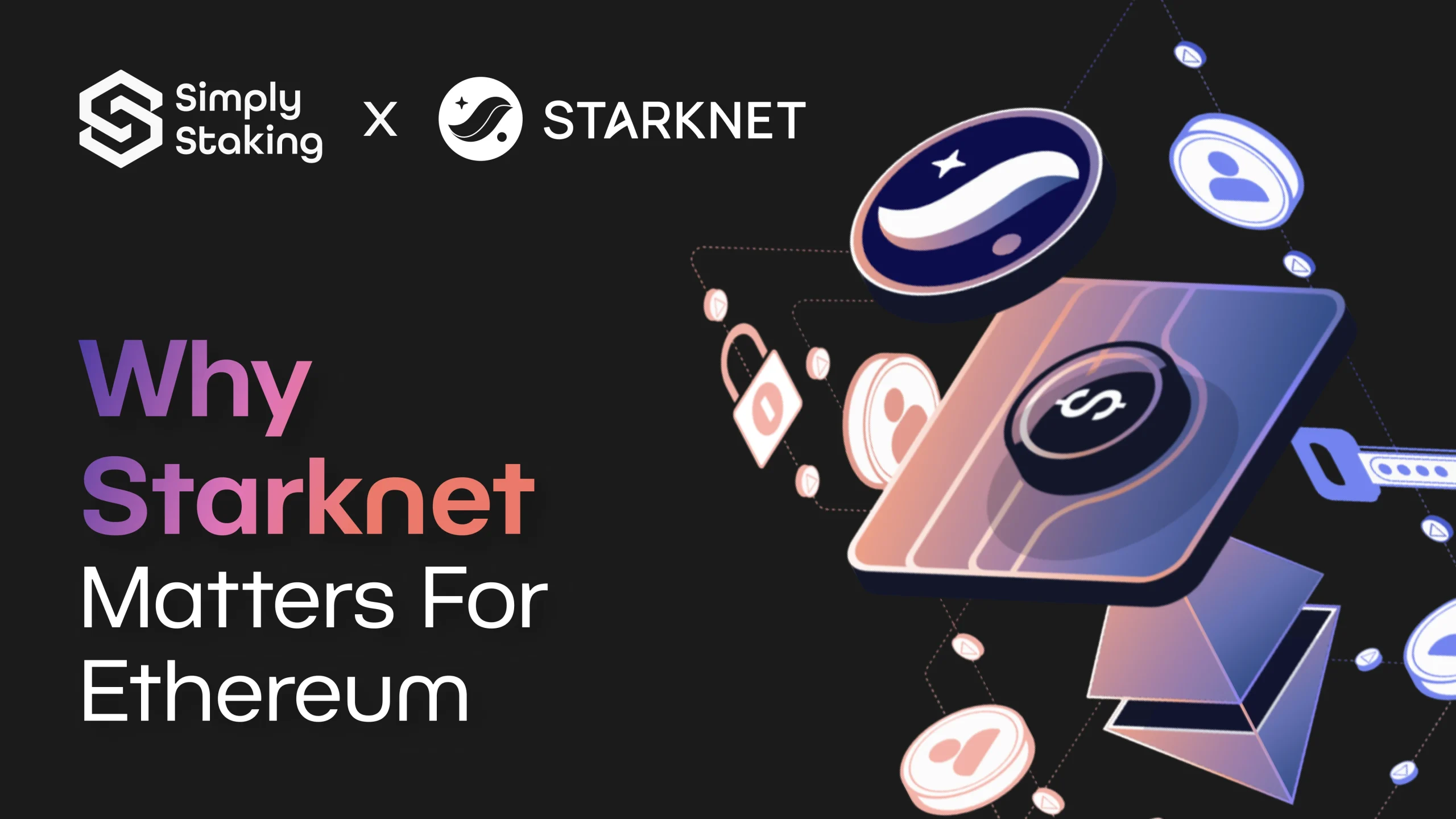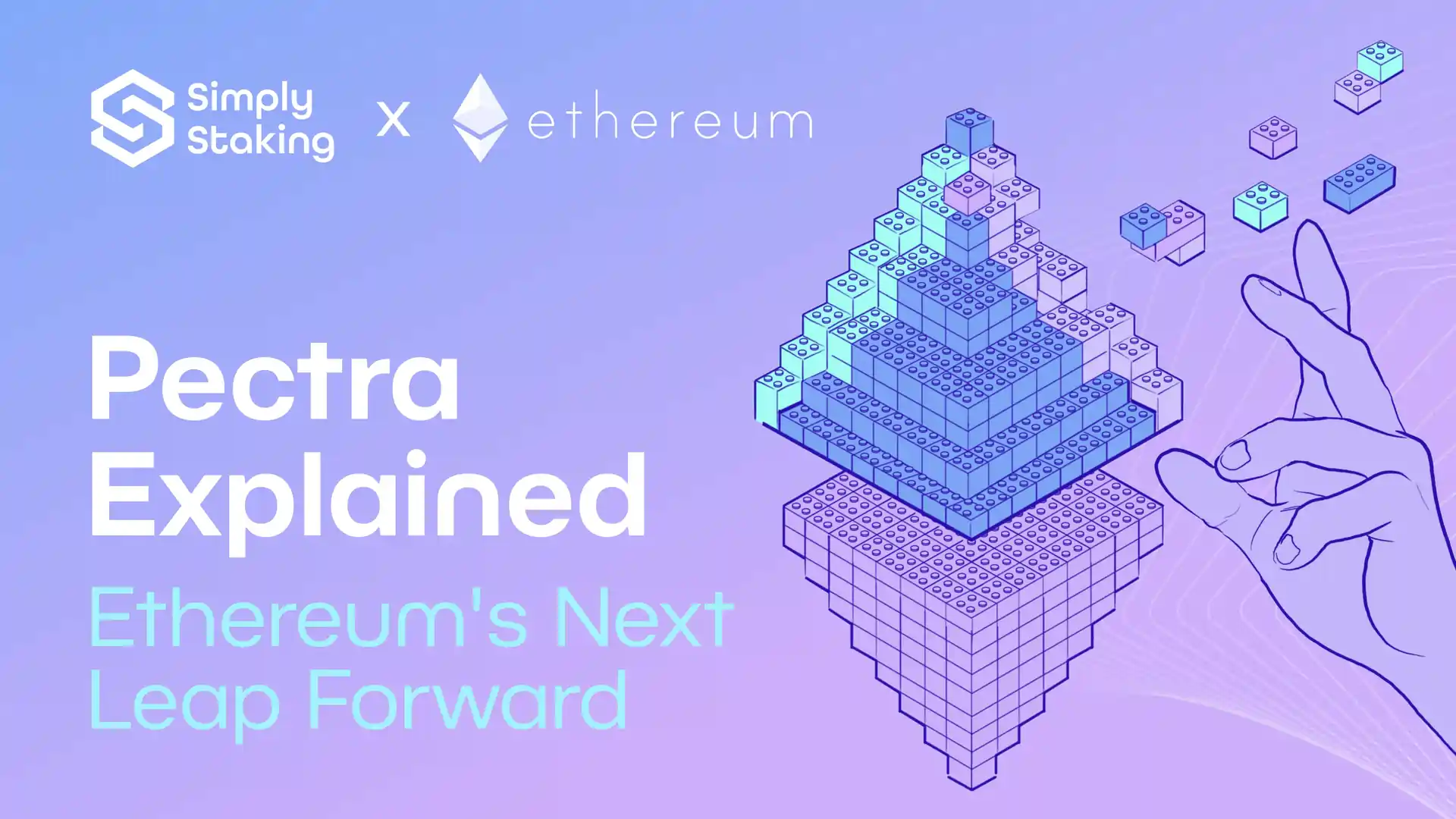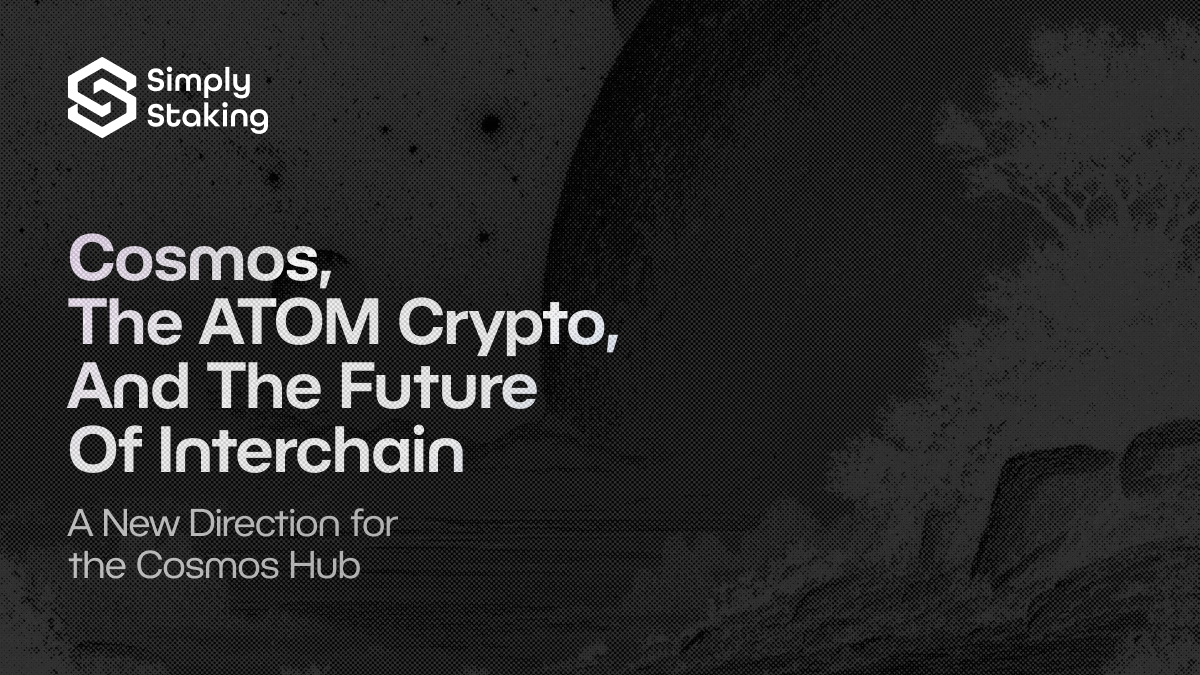zkCloud: A Developer-Friendly Protocol for Decentralising Zero Knowledge Proofs and Blockchain Compute
Zero-knowledge proofs (ZKPs) are one of the most powerful innovations in crypto. They allow anyone to prove that something is true without revealing any of the underlying data. From private transactions and on-chain identity to scalable rollups and verifiable machine learning, ZKPs are quietly powering the next wave of decentralised applications.
But here’s the problem. Generating a ZK proof isn’t easy. It’s not plug and play. It’s not a simple “click to deploy” moment. It’s more like trying to run a small data center from your laptop.
Today, using ZKPs at scale requires learning niche programming languages, installing large and complex proving stacks, managing GPUs or other specialised hardware, and tuning performance manually just to generate a single proof. It’s technical, expensive, and completely out of reach for most developers, especially those who aren’t backed by well-funded teams.
What the space has been missing is a decentralised equivalent of AWS for ZK, that is able to take care of the heavy lifting, such that developers can submit a job, get their proof, and keep building without touching the low-level infrastructure.
That’s exactly what zkCloud is planning to become. Let’s dive in!
Why ZK Proofs Need a Cloud
It makes sense that given their importance to this topic, we invest some time to understand better what ZKPs are. Essentially, ZKPs are a clever bit of cryptography that lets someone prove a statement is true without revealing any of the details behind it.
Think of it like this. Imagine you want to prove you know the password to a vault, but you don’t want to say the password out loud. A ZKP lets you do exactly that. You show that you know the secret, without actually sharing the secret. This might sound abstract, but it has some incredibly powerful real-world uses in crypto, for example ZKPs are used to protect privacy in blockchain transactions, and also used to scale networks through rollups.
The magic of ZKPs is that they make systems trustless. The verifier doesn’t need to re-run the computation. They just check the proof. It’s faster, more private, and often much more efficient, but it doesn’t mean that they are perfect. They might be brilliant, but generating them is no small task. It takes serious computing power, often high end CPUs, GPUs or even FPGAs, just to produce a single proof.
If you’re a developer trying to build with ZK tech, the learning curve is steep. You’ll need to understand specialised programming languages, set up complex proving stacks and handle tricky issues like memory management and concurrency.
This kind of setup is out of reach for most teams. ZK infrastructure today is mostly handled by large Layer 2s, research institutions or centralised proving services. Everyone else? They’re usually left on the sidelines.
That’s where zkCloud comes in.
What is zkCloud?
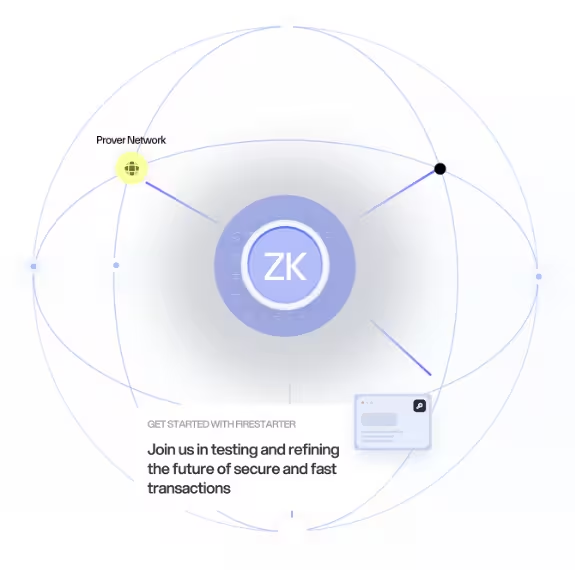
zkCloud is a decentralised cloud platform built for generating and verifying zero knowledge proofs. It gives developers and protocols a way to access proof generation without needing to manage their own hardware or run complex proving systems. They can simply submit proof jobs through an API and use a global network of decentralised compute power.
In practice, zkCloud acts as a proving marketplace. Anyone can request a proof by submitting a job, and anyone with the right setup can join the network and supply proving power. zkCloud is designed to be easy to integrate, flexible enough for different use cases and scalable for the demands of real world applications.
The Architecture of zkCloud
The best way to understand how zkCloud works under the hood is to break it down into the three main components that make it up: Firestarter, Deluge, and zkBoost. Together, these systems allow developers to run proofs without managing hardware, while keeping the network open, fast, and scalable.
At the core of zkCloud is a dual-node architecture. The network is made up of two main types of nodes: provers and validators. Provers are responsible for generating and verifying proofs while Validators handle block production, ordering transactions and reaching consensus. This separation allows zkCloud to optimise performance across both roles as provers handle heavy compute tasks, while validators run more efficiently and focus on coordination.
Firestarter
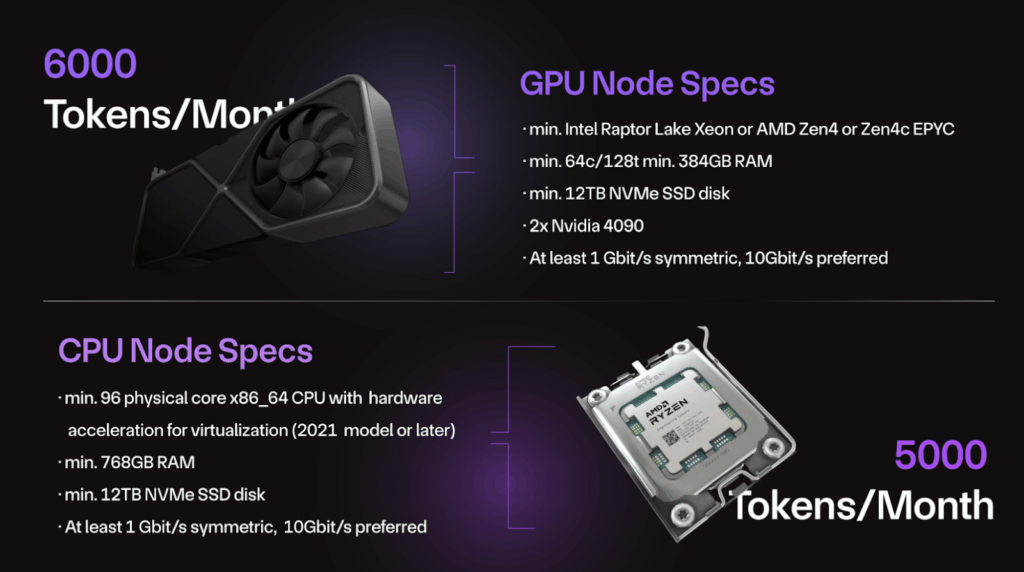
Firestarter is the network of prover nodes. These nodes generate ZK proofs using proving systems like Risc0, SP1, and Aztec, but if they wish, developers have the flexibility to also deploy their own. Each prover runs in a container on a Linux VM, and jobs are matched to nodes based on their resources.
Deluge
Deluge is the testnet for decentralised block production that was launched in January 2025. It helps zkCloud reach full decentralisation by testing validator onboarding and block building. Validators order transactions into blocks using CometBFT, a fast and secure consensus system.
When a user submits a proving job, zkCloud assigns it to a random prover using a fair lottery called a Verifiable Random Function. After the job is completed, other provers verify the result. If it checks out, the proof is finalised and the prover is rewarded. In addition, it is worth noting that zkCloud also supports custom prover sets, which let developers use special software or configurations for their workloads. These run in isolated environments and allow full flexibility.
zkBoost

zkBoost is what ties everything together. Essentially, it is a unified API that makes it easy for developers to connect their apps to multiple proving backends, including zkCloud.
The Economics and Tokenomics Behind zkCloud
Like any decentralised infrastructure, zkCloud relies on well-designed incentives and predictable costs to function at scale. Whether you’re submitting a proving job, running a node, or helping validate the network, the economics are built to reward honest behaviour, efficient performance, and open participation. At the centre of it all is zkCloud’s native token: PROOF. Let’s take some time to explore the fee structure.
First of all, every transaction on zkCloud includes a small fee, mainly for spam protection, but when it comes to submitting a proving workload, the economics become more dynamic.
When a user sends a proof job to the network, they pay both a transaction fee and a compute fee. The compute fee is based on the job’s resource requirements and the time it’s expected to take. That full fee is locked upfront, and if the job fails because it was underpriced, the locked amount is burned. For users who want higher redundancy, zkCloud lets them submit multiple identical workloads. This is particularly useful for time-sensitive or mission-critical applications. Each prover that completes a job in these cases is rewarded independently.
Rewards for Keeping the Network Running
zkCloud rewards Validators and Provers based on the roles they play. Validators are rewarded through block rewards and a portion of transaction fees, as they are responsible for ordering transactions and finalising blocks through zkCloud’s consensus mechanism.
Provers earn fees for completing proving workloads and for verifying the results of proofs submitted by others. If a prover is selected to verify a proof and agrees with the other verifiers, they receive an additional reward. The total reward to a prover includes both the user-paid workload fee and a fixed network reward, with verification rewards added on top.
Firestarter Node Incentives
zkCloud’s Firestarter network allows participants to run their own prover nodes using either CPUs or GPUs. These nodes earn fixed monthly token rewards:
- 5000 PROOF per month for CPU nodes
- 6000 PROOF per month for GPU nodes
Participants who apply and meet the hardware requirements to qualify, would be entitled for the rewards that are paid out monthly and vest linearly over 12 months from the token generation event (TGE). At launch, the total supply of PROOF tokens will be capped at 1 billion tokens.
zkCloud Roadmap: From Testnet to Full Mainnet Launch
zkCloud is rolling out its infrastructure in phases, each building toward a fully decentralised, production-grade cloud for zero knowledge proving. Let’s have a look at where the project is headed.
Firestarter and the zkCloud Testnet represent major milestones in the project’s roadmap. Firestarter delivered a live, decentralised compute network with over 1,000 provers, while the testnet enabled consensus testing with distributed validators and full integration with external infrastructure. Together, these achievements laid the groundwork for the next phase in zkCloud’s evolution, which is the launch of its fully permissionless mainnet, planned for Q2 2025.
Conclusion
zkCloud is laying the groundwork for a decentralised future where zero knowledge proving is accessible, affordable and scalable for everyone. By combining a flexible architecture, a strong economic model and a clear roadmap toward full decentralisation, it is positioning itself to become the go-to infrastructure for verifiable compute.
If you’re excited by the future of ZK technology and want to stay ahead of the curve, make sure to follow Simply Staking on X for more deep dives, project breakdowns and staking insights.

